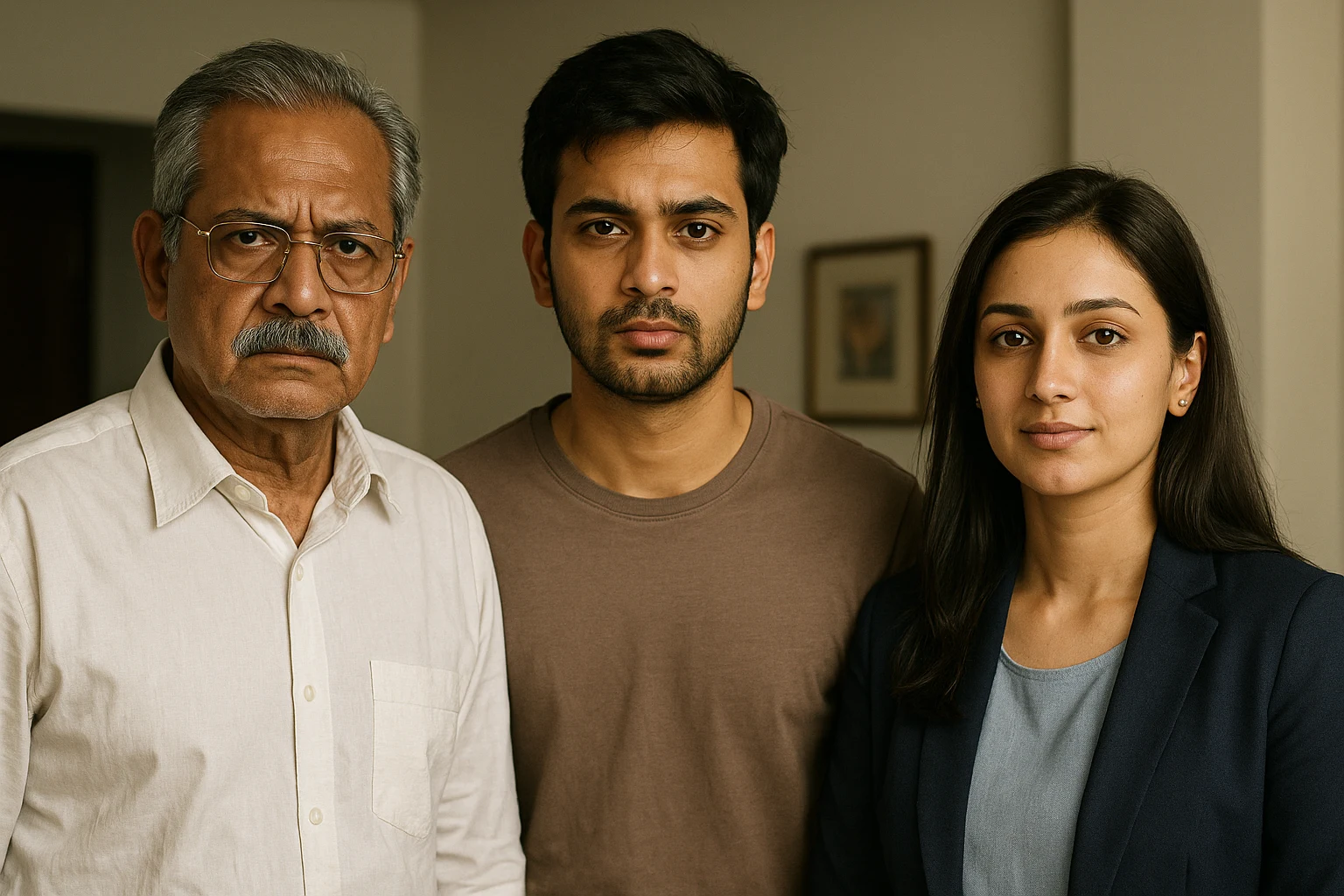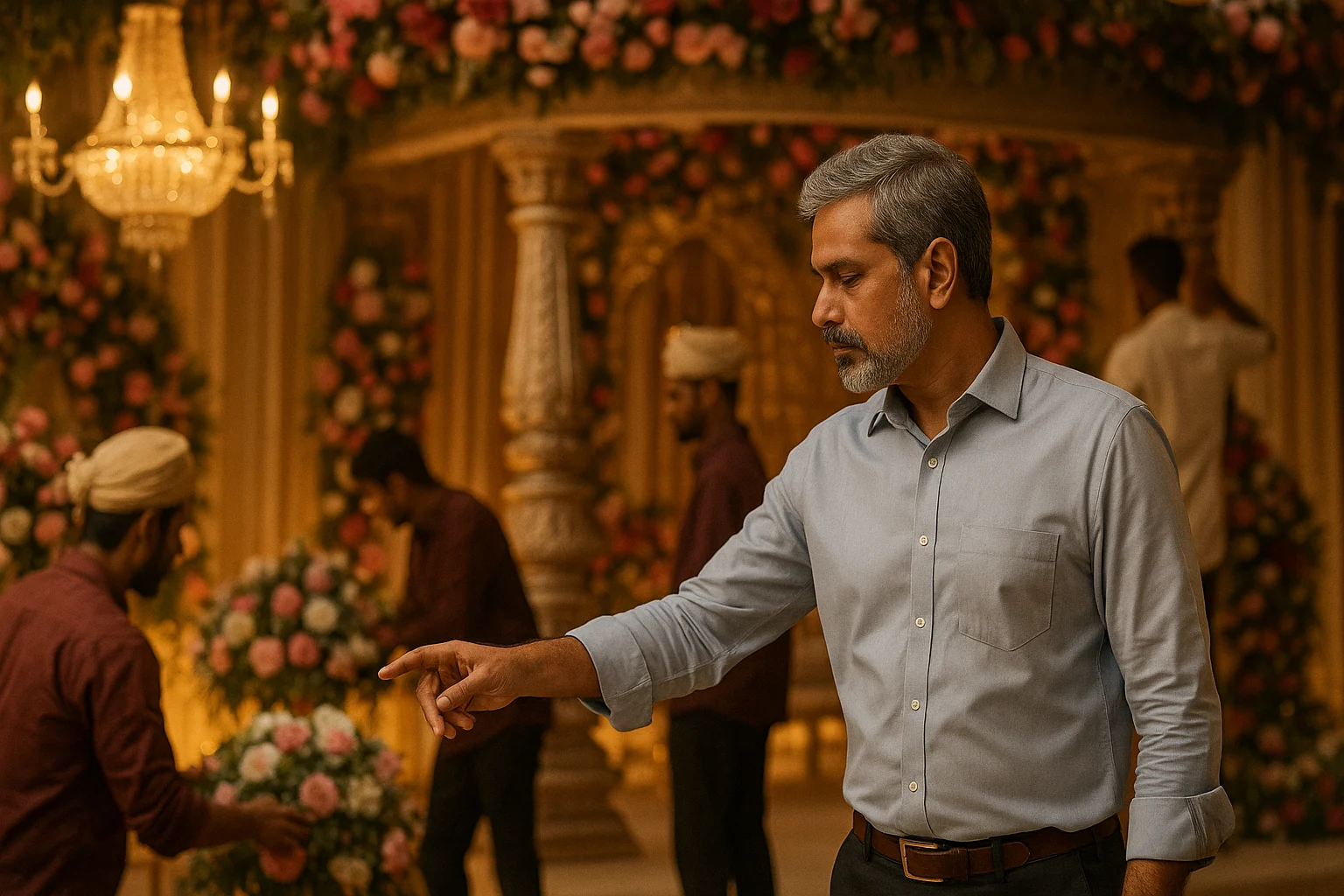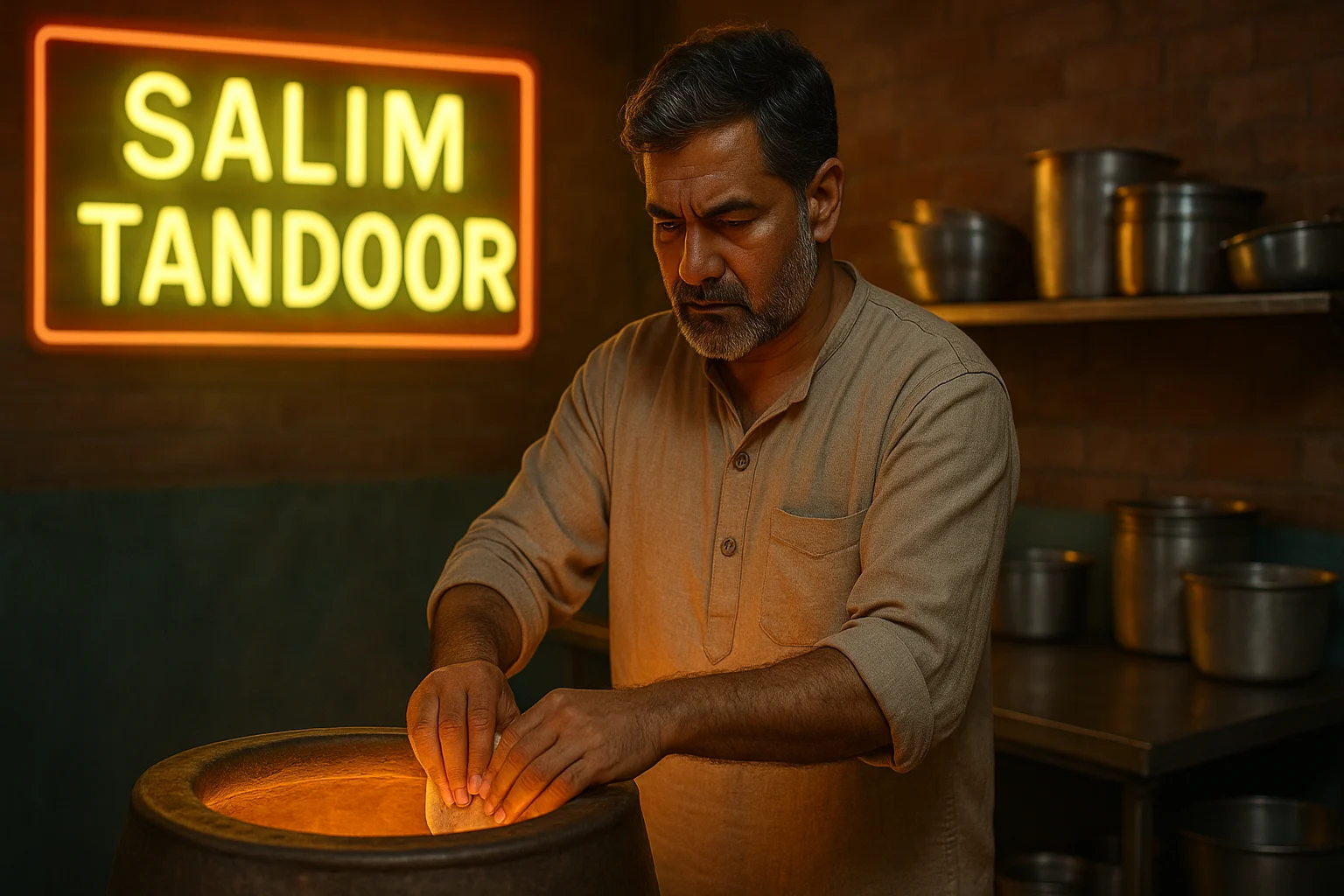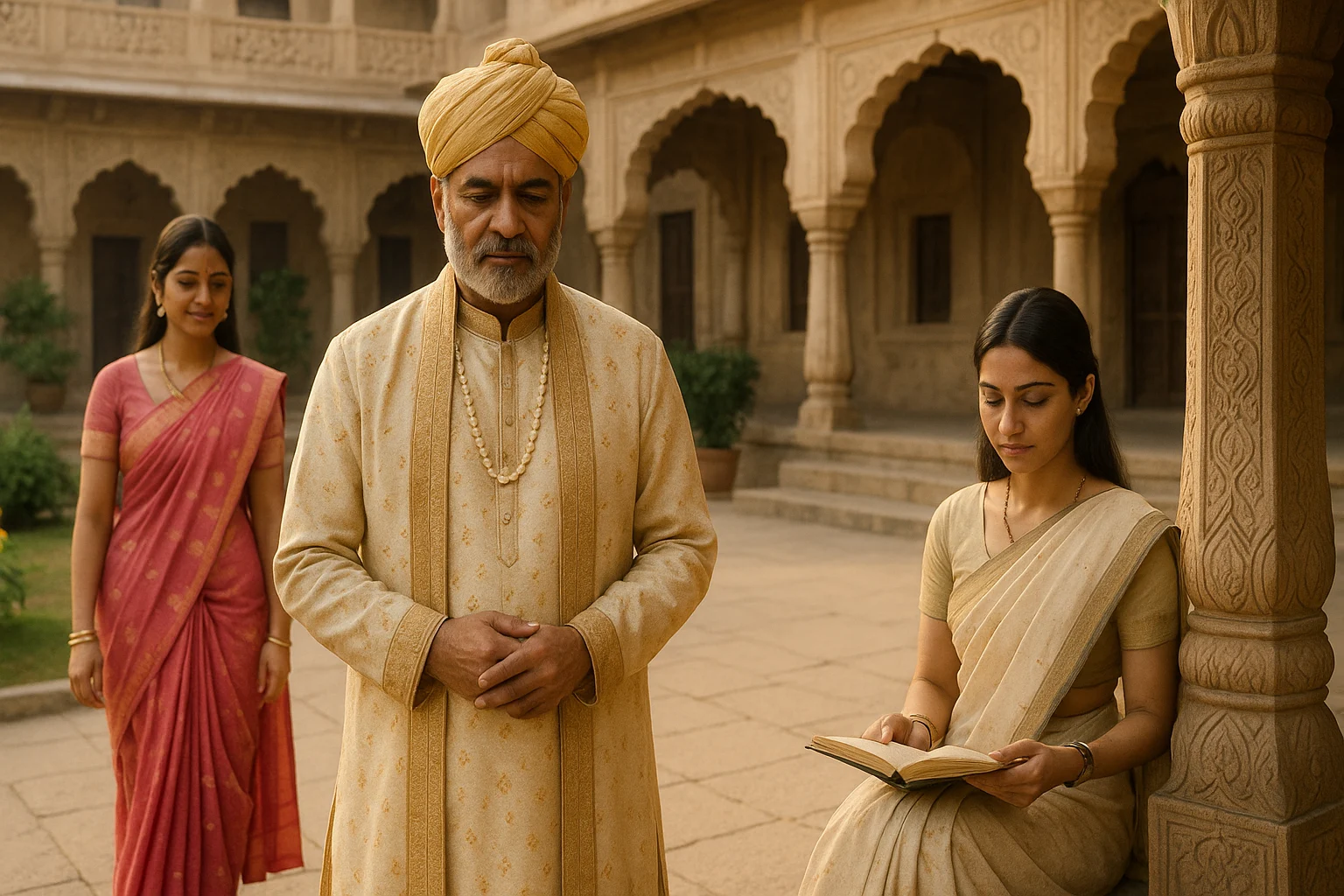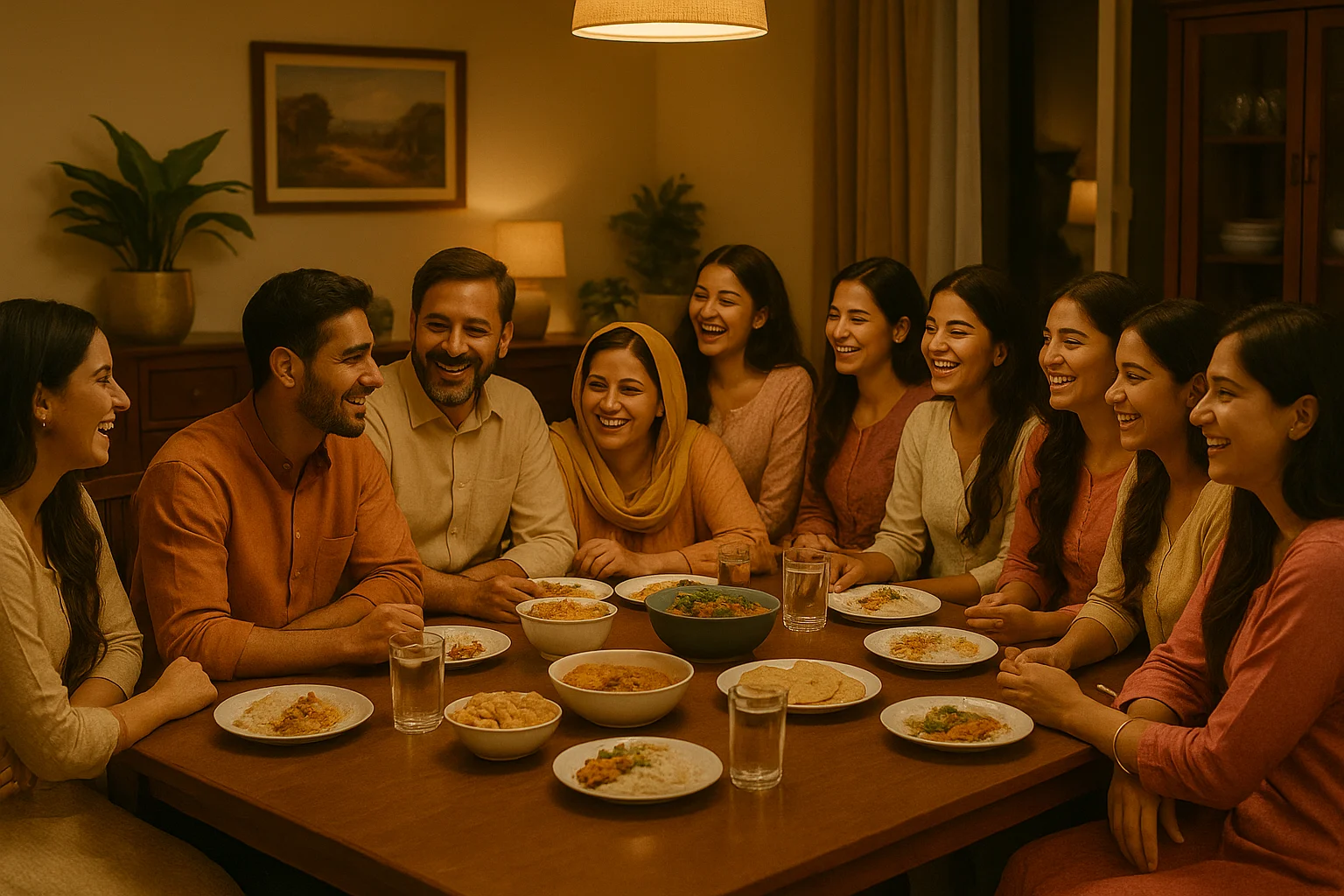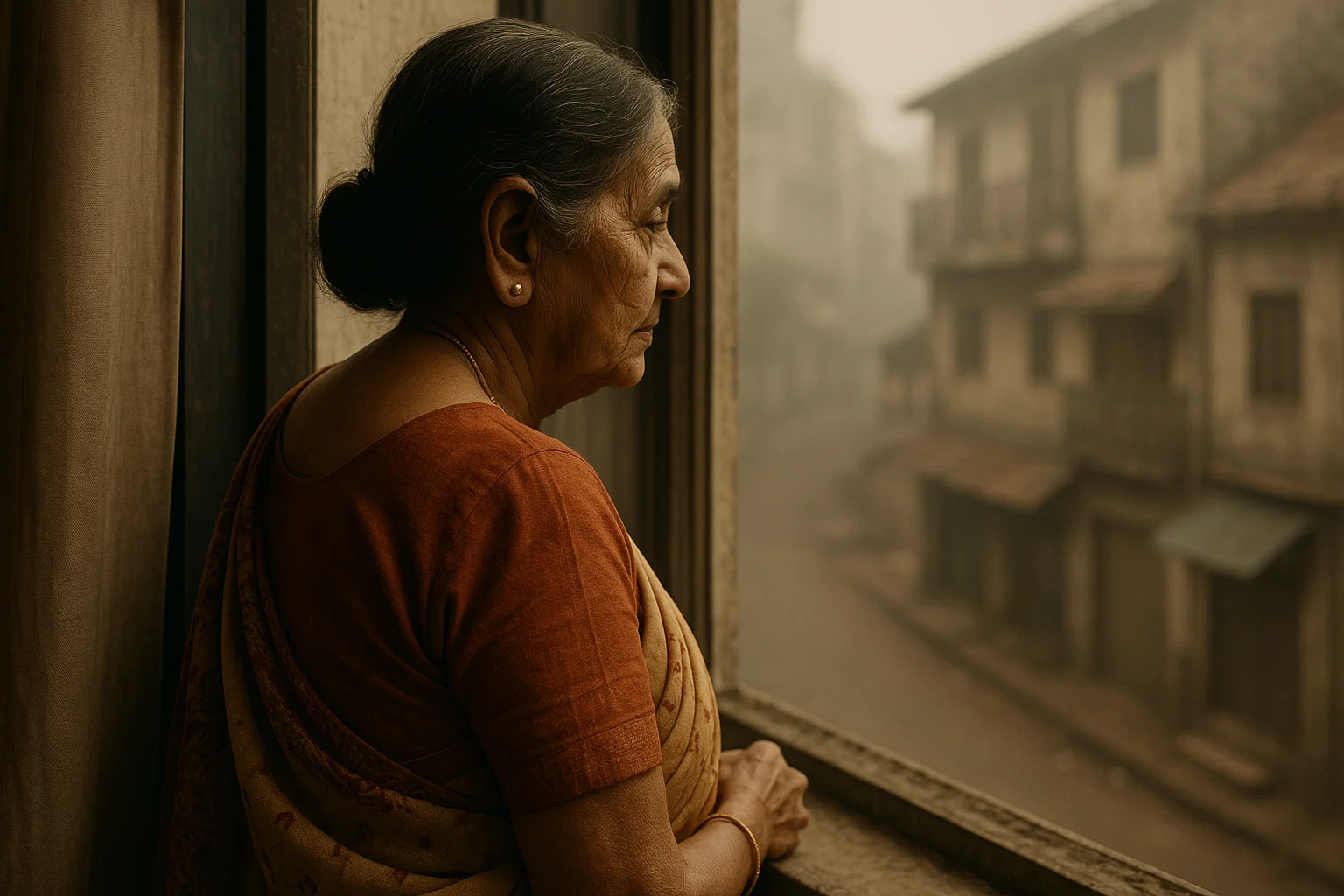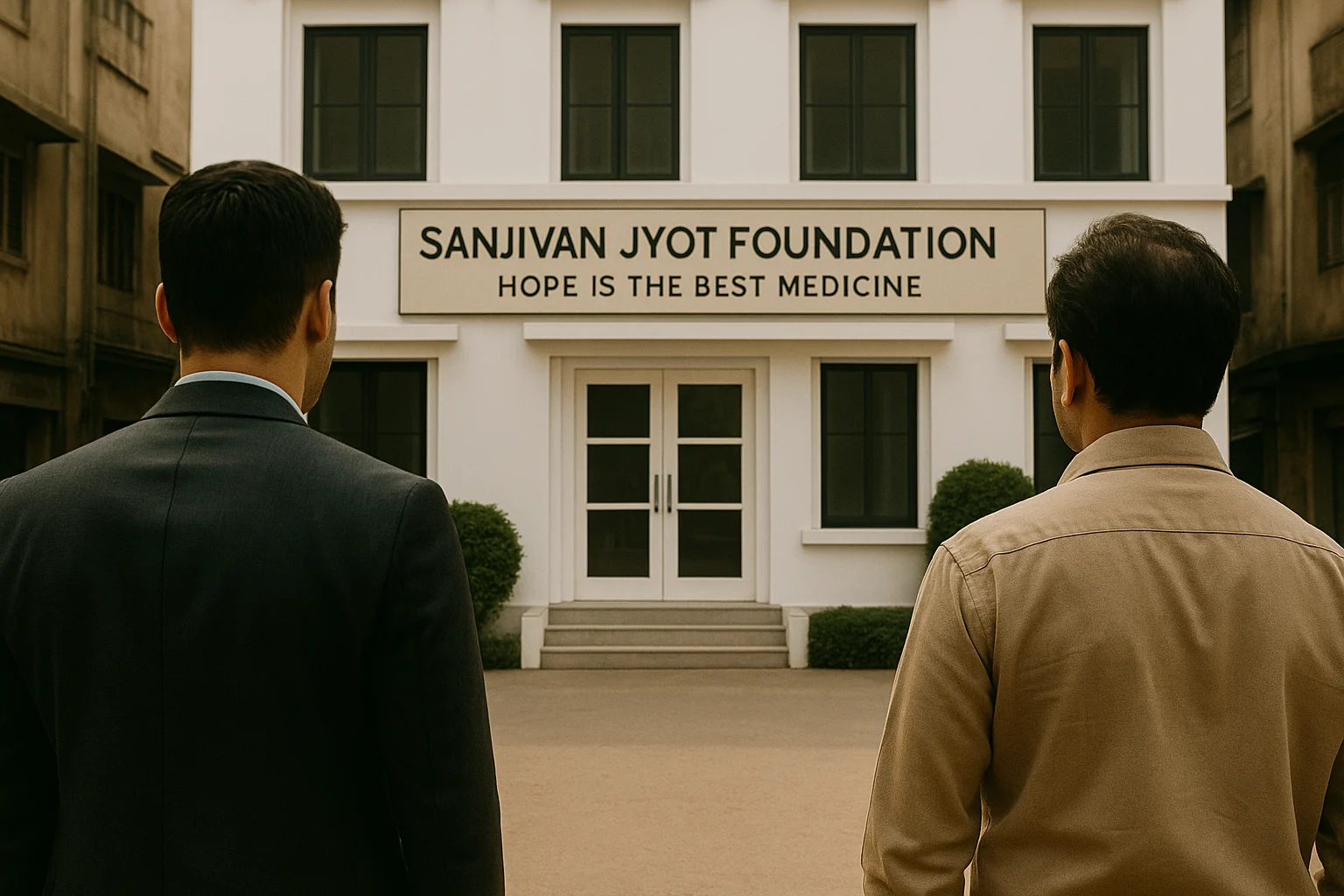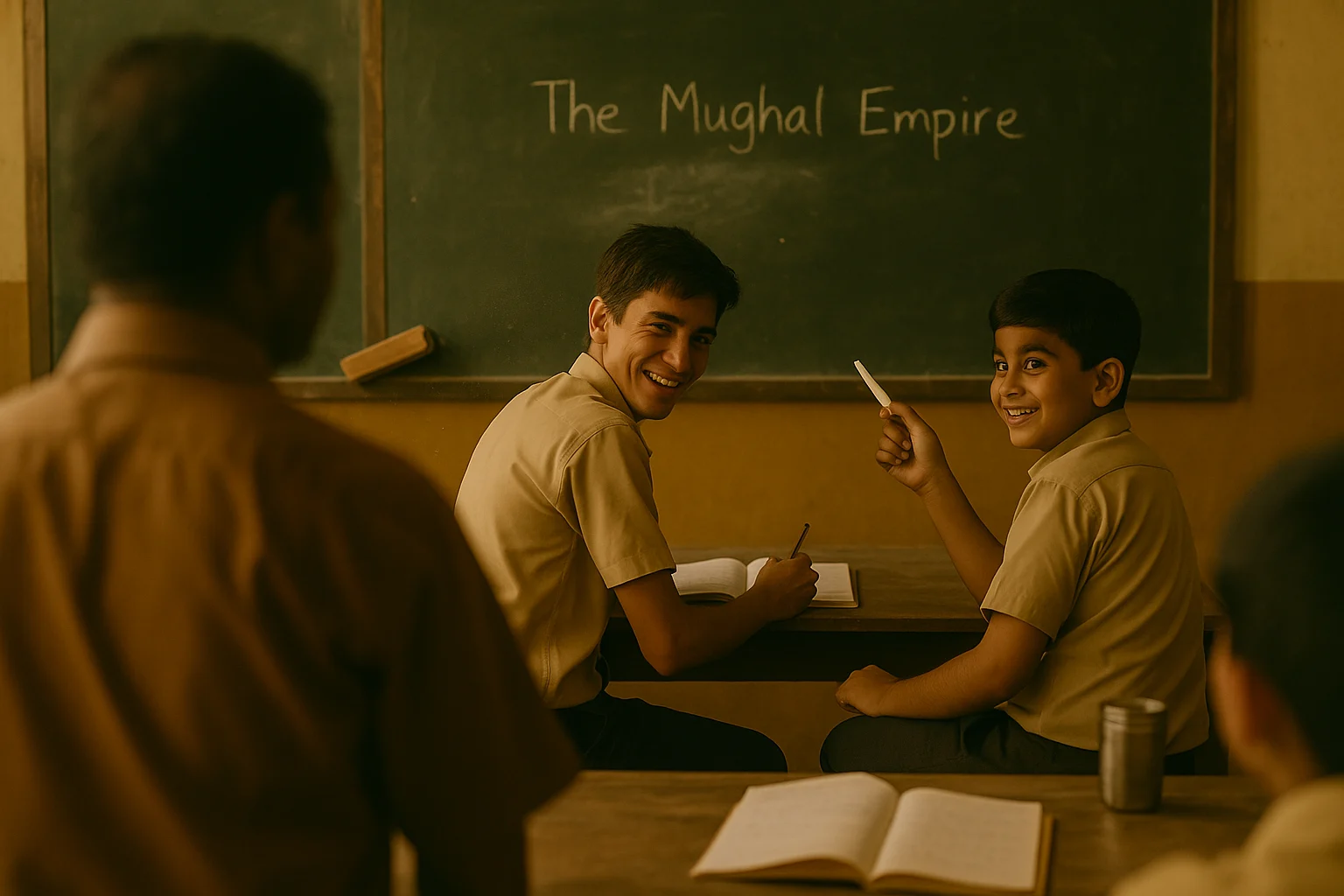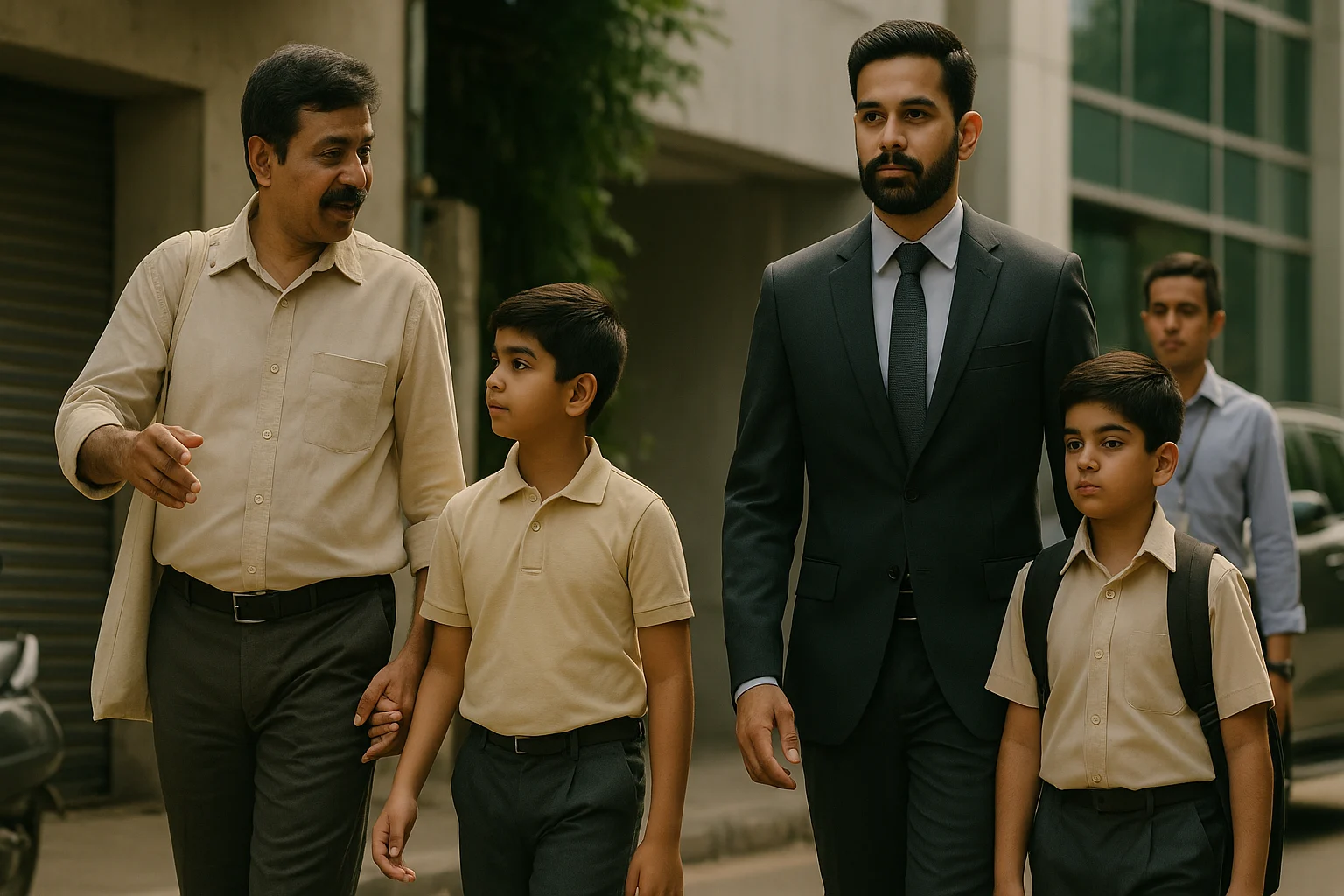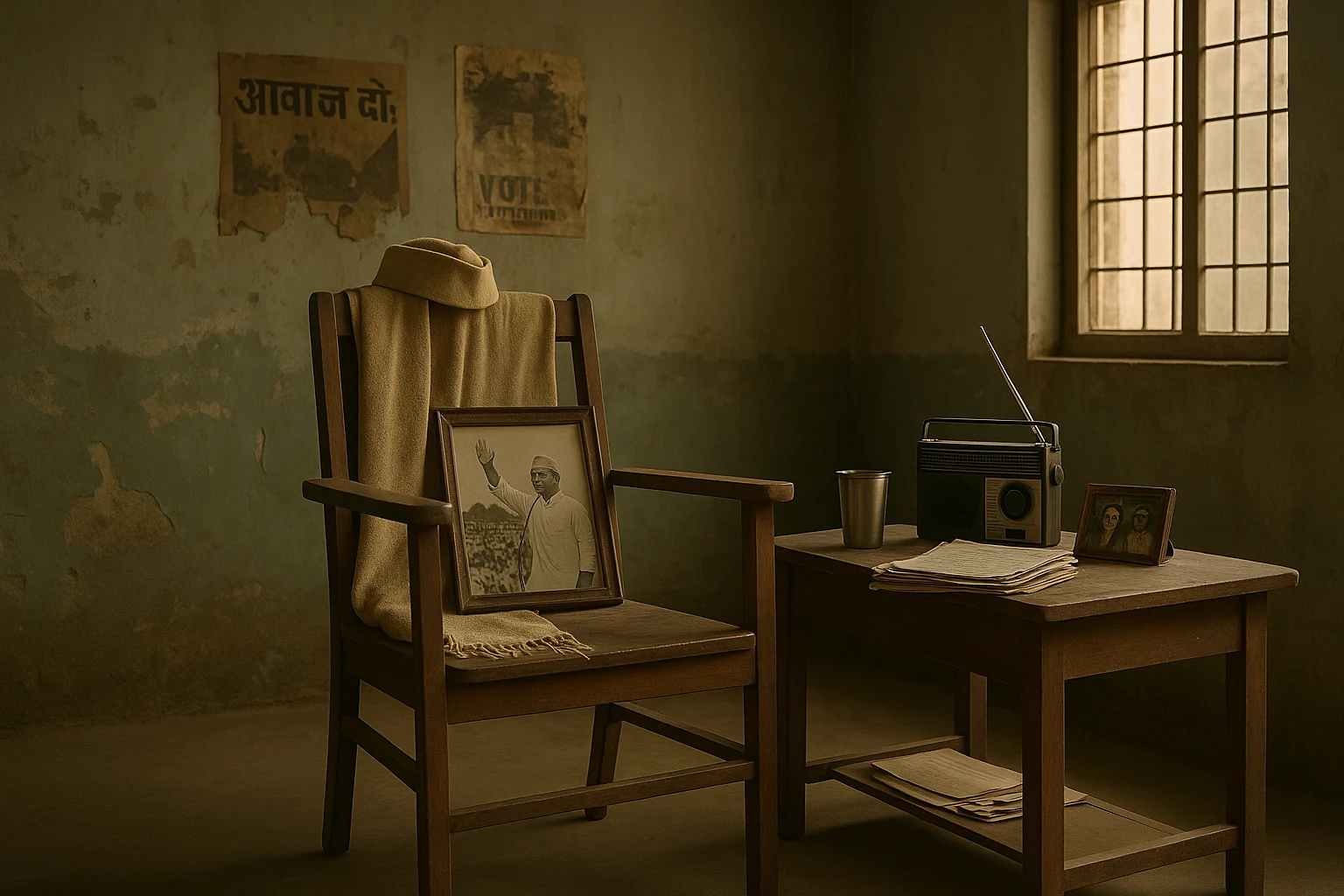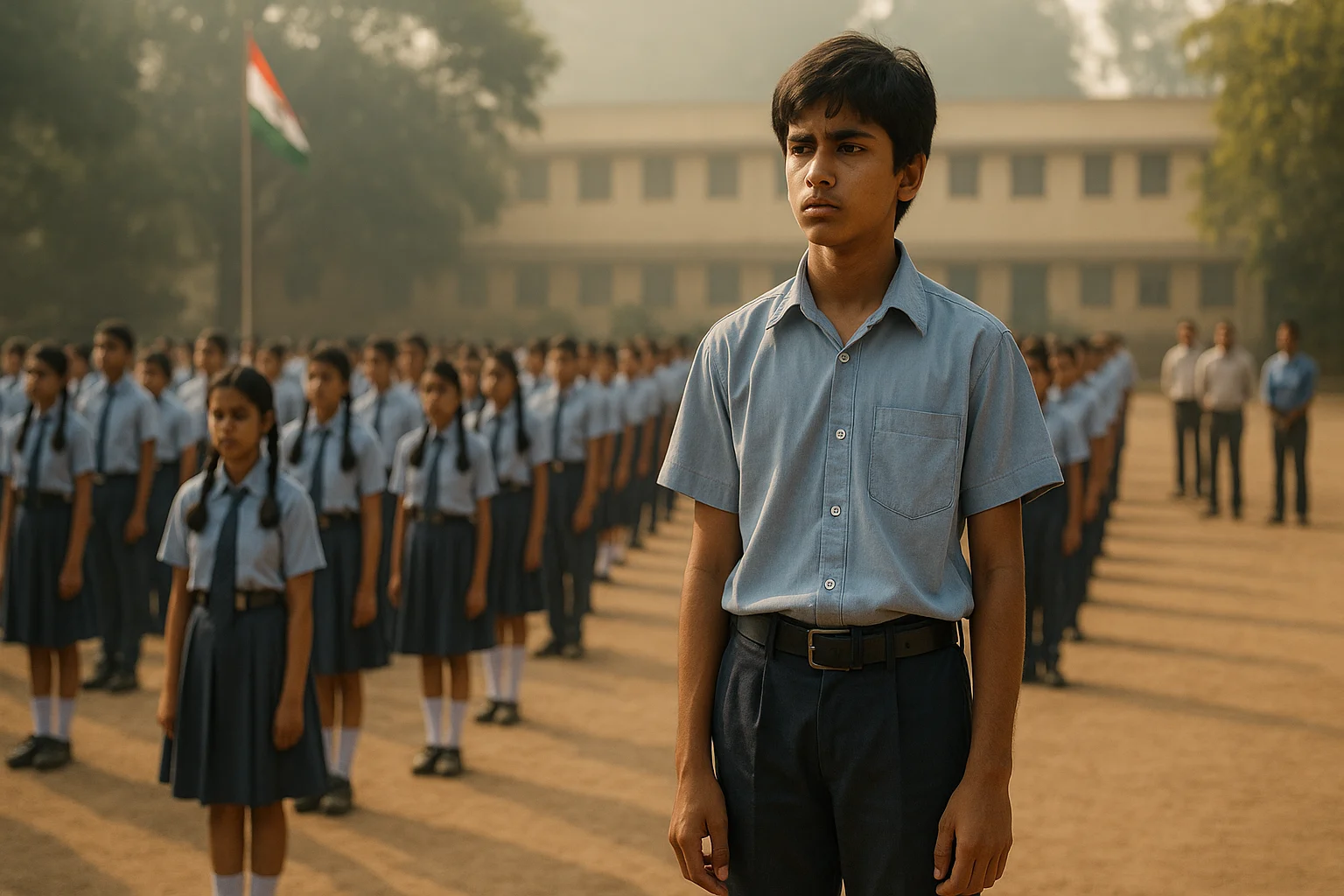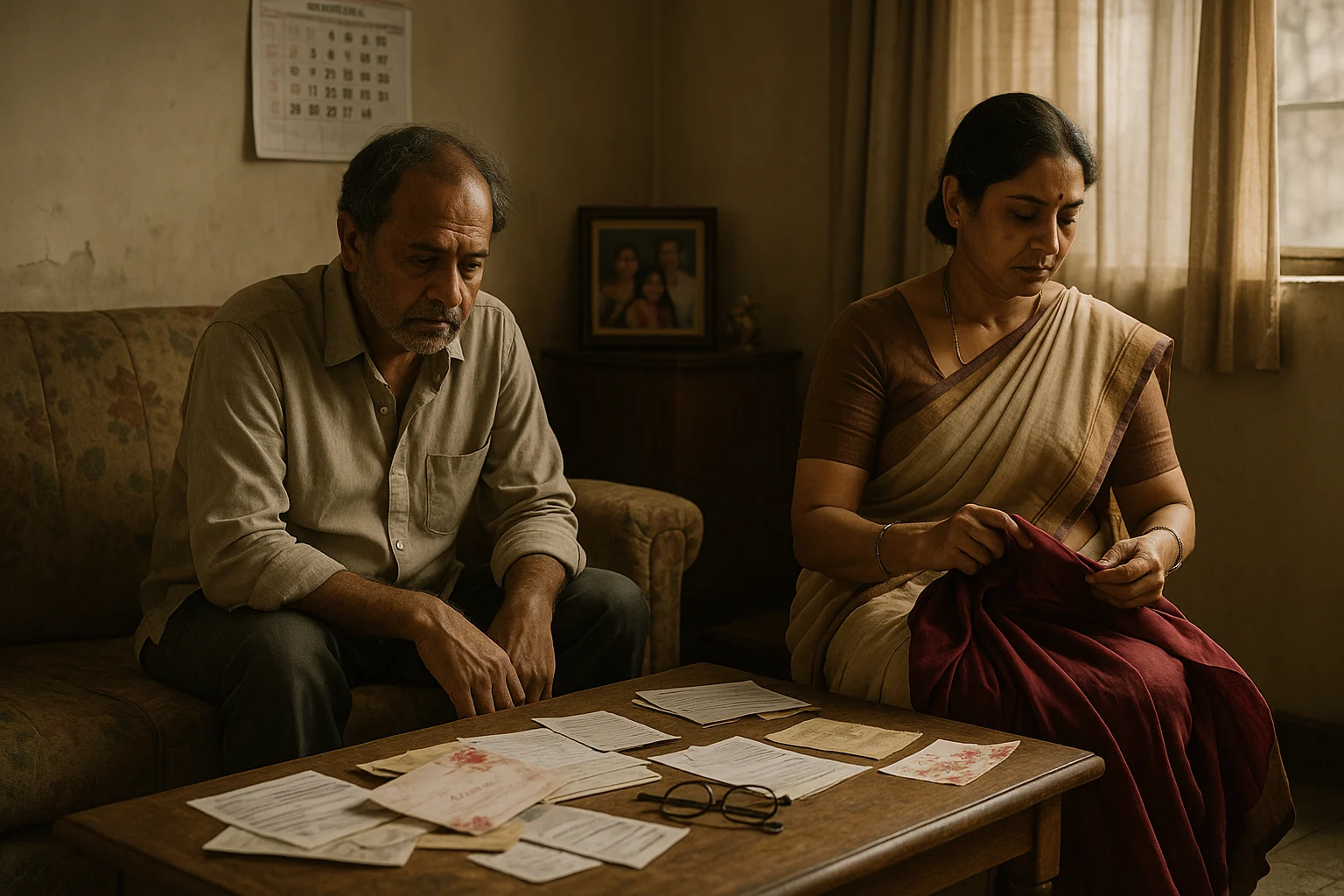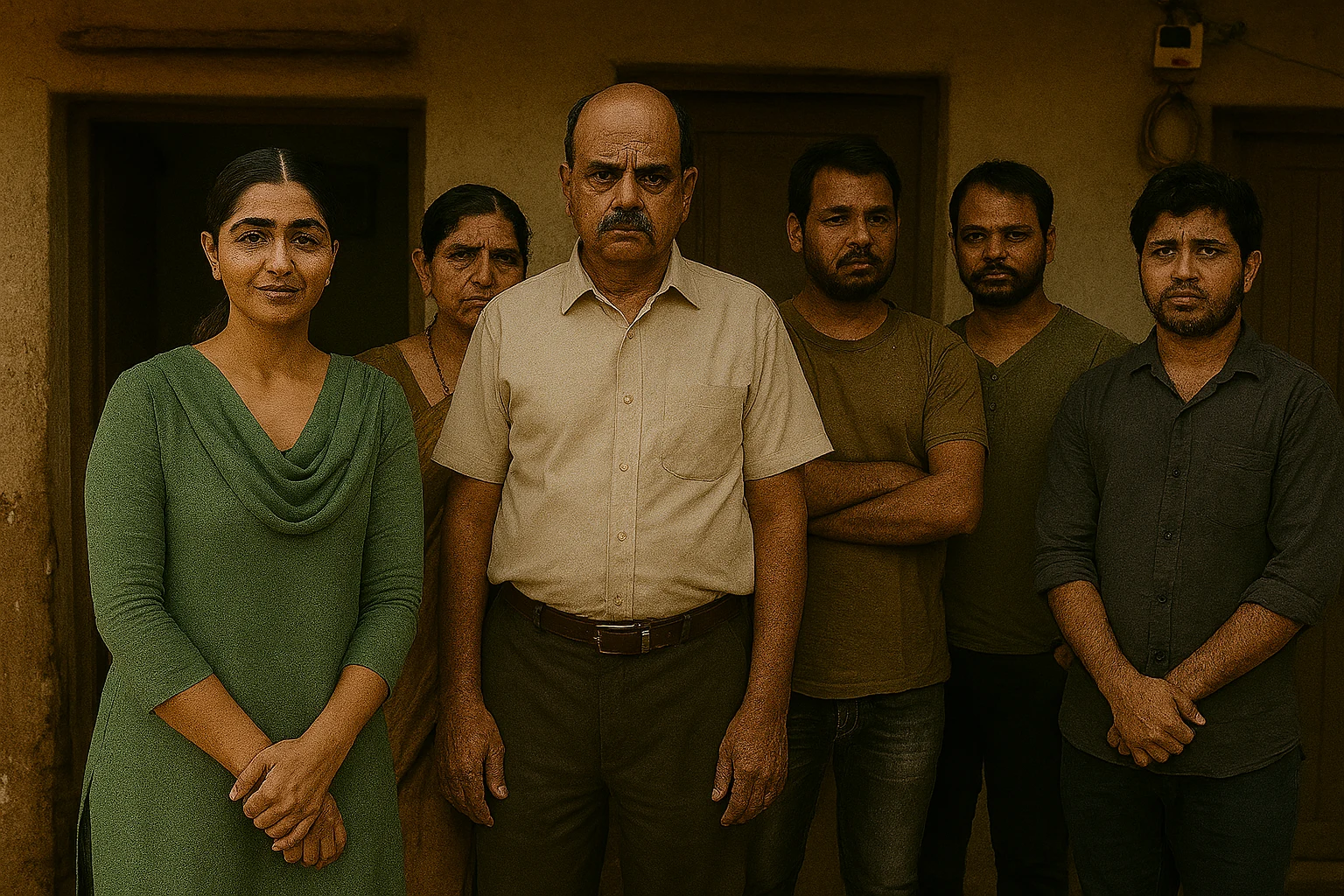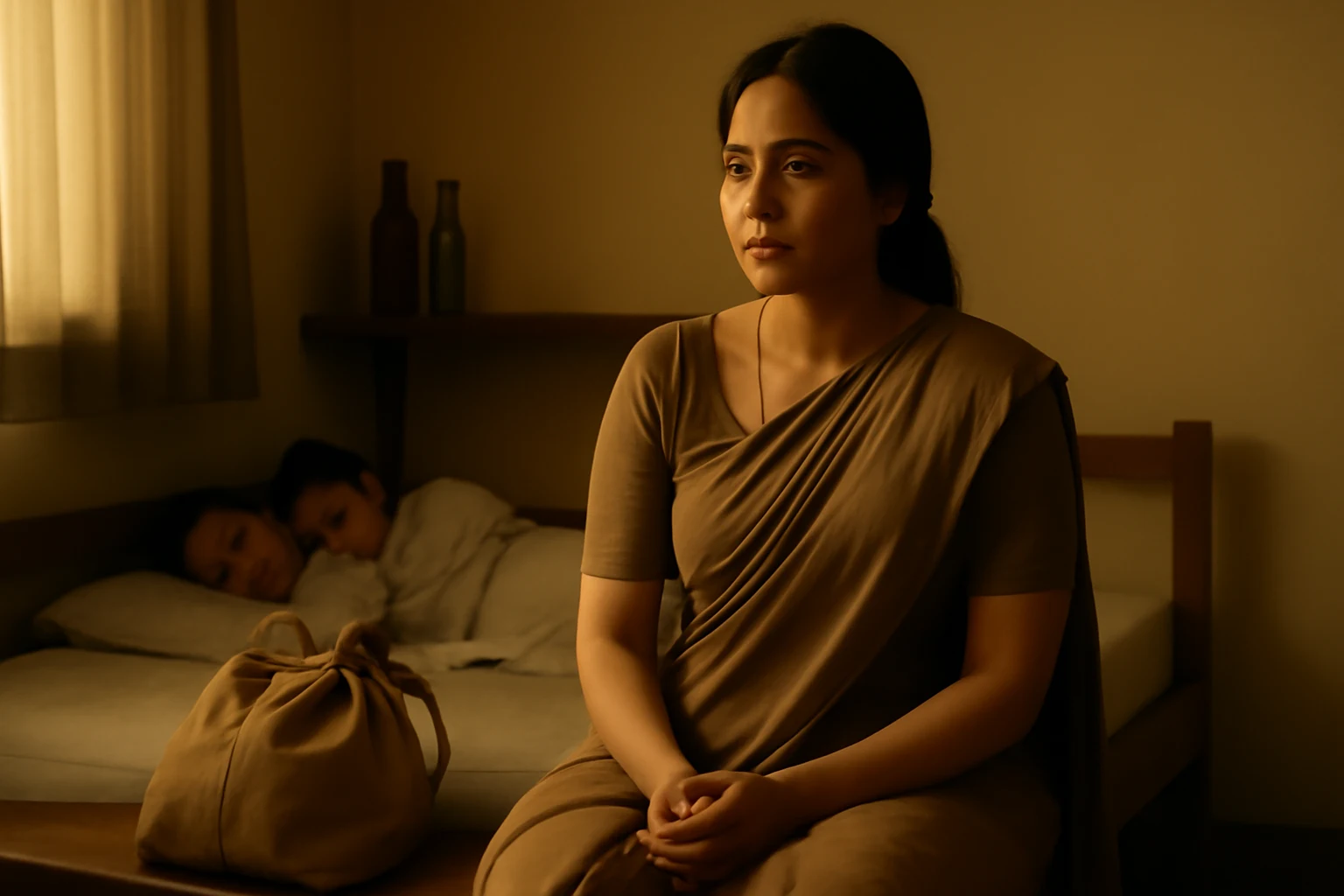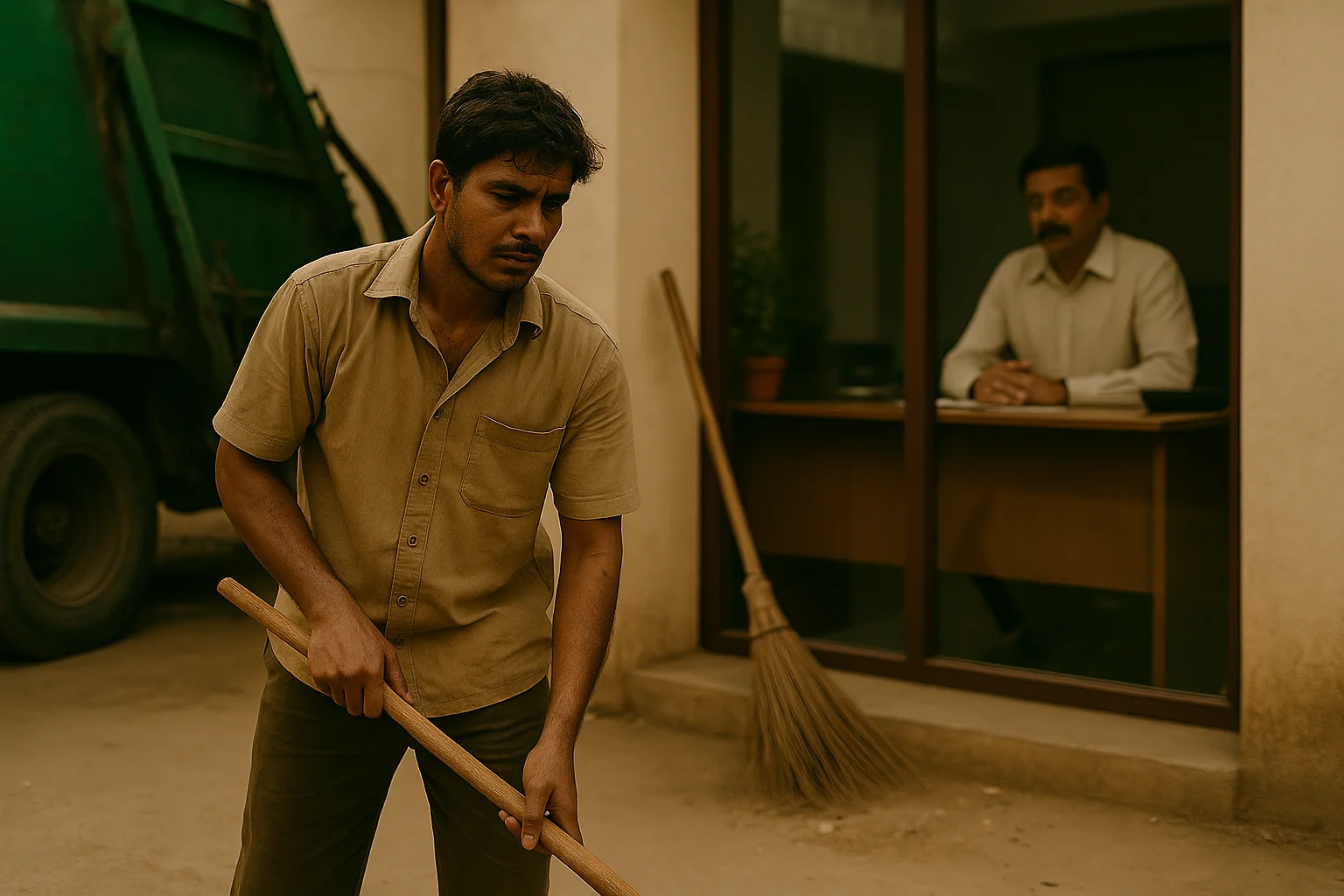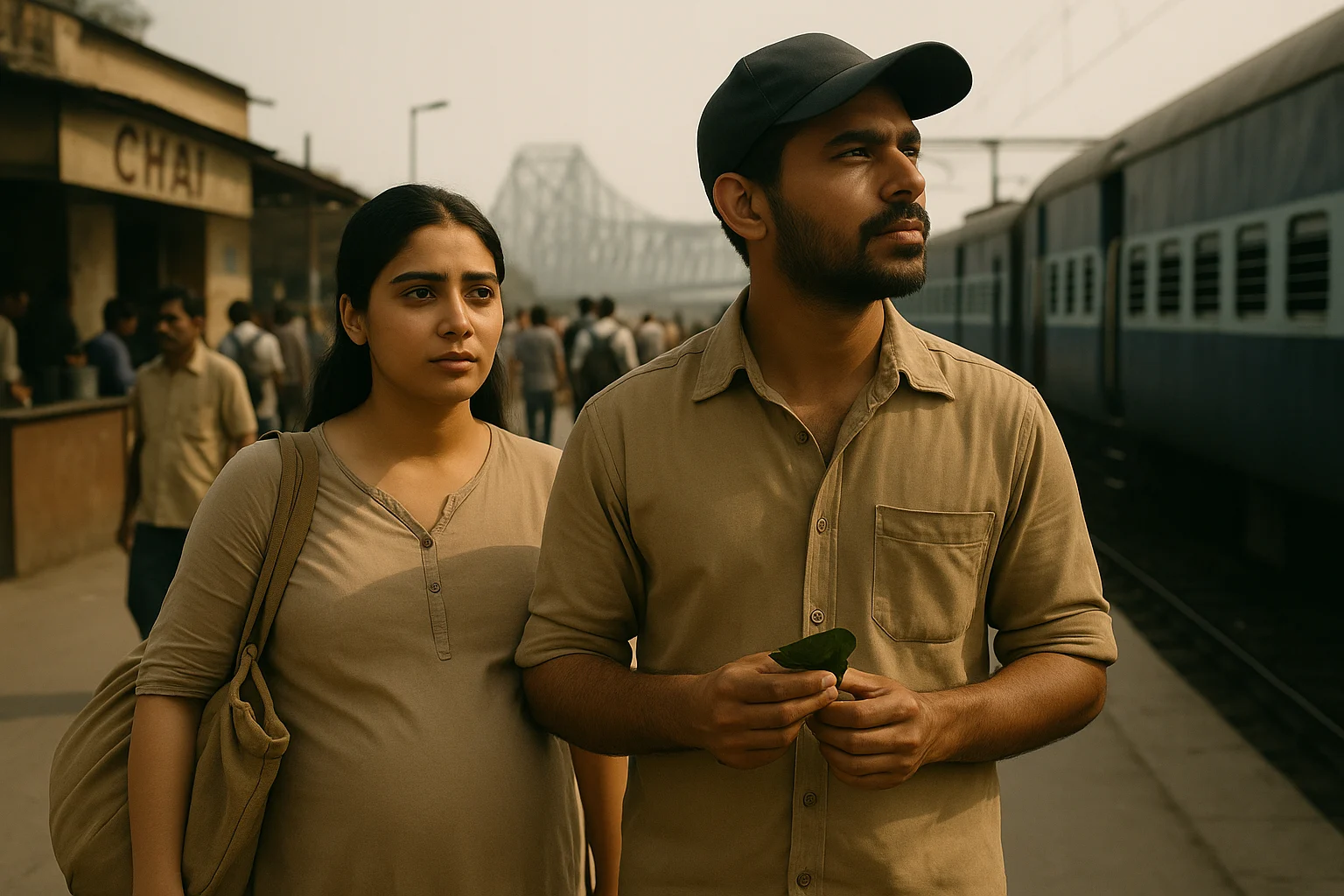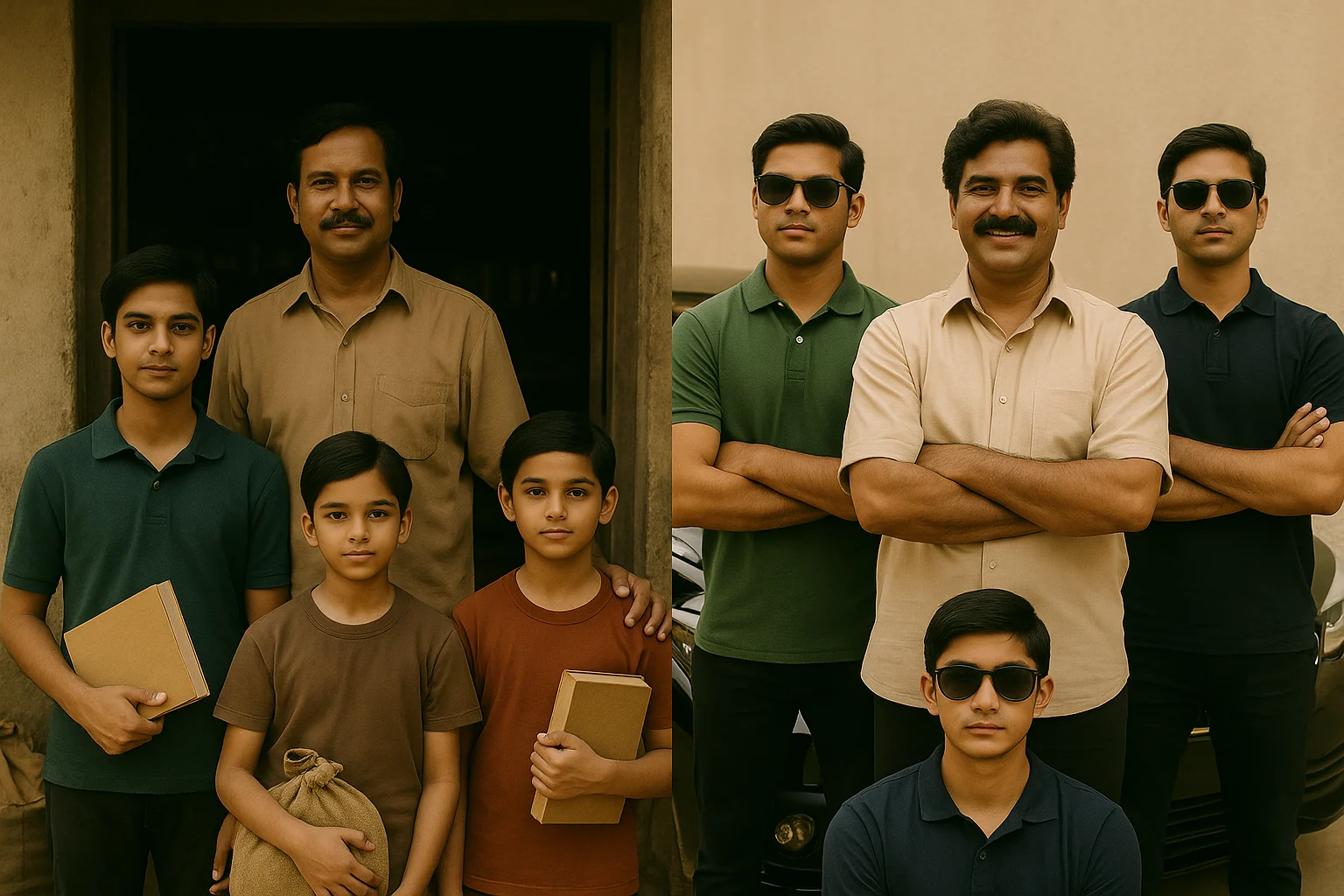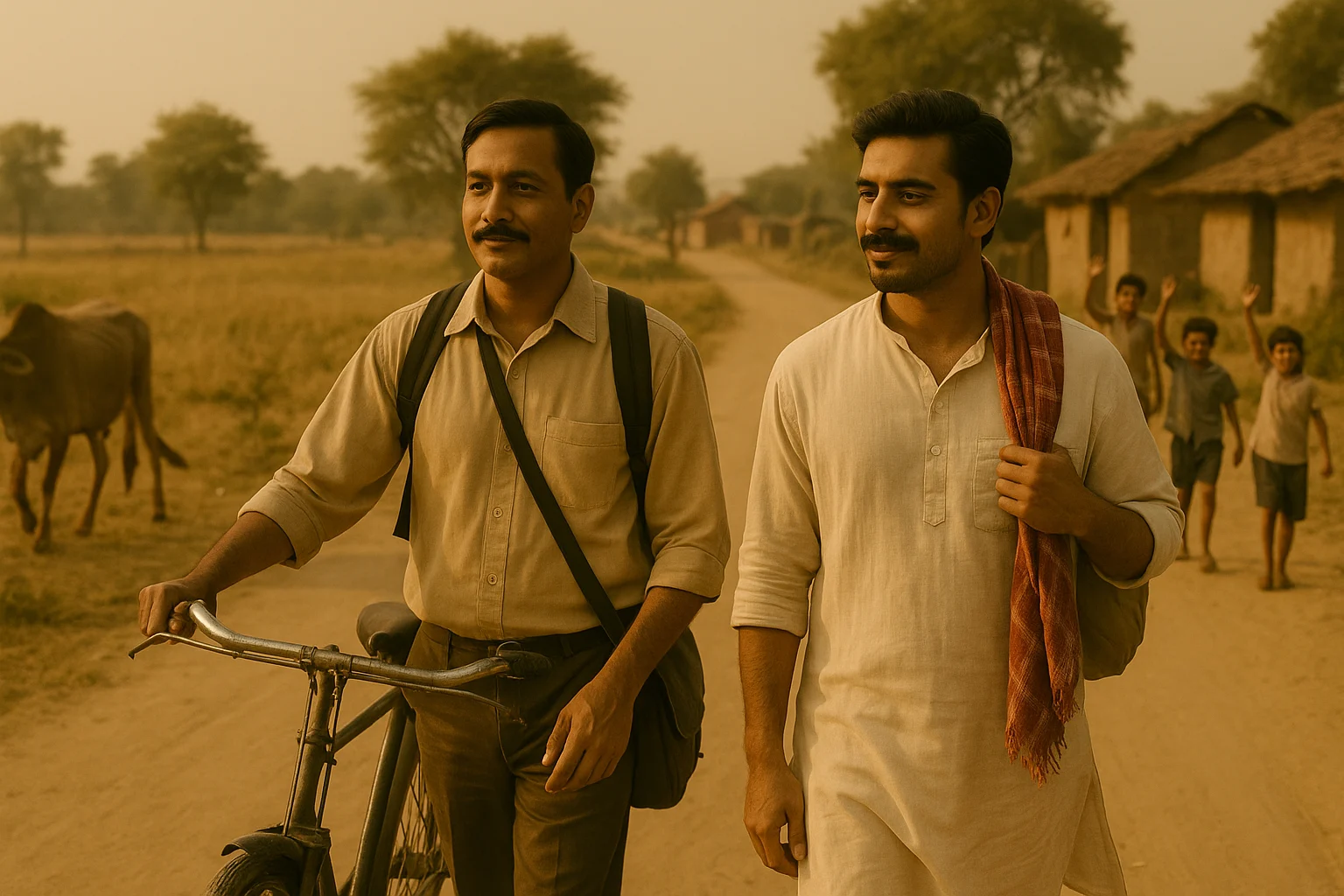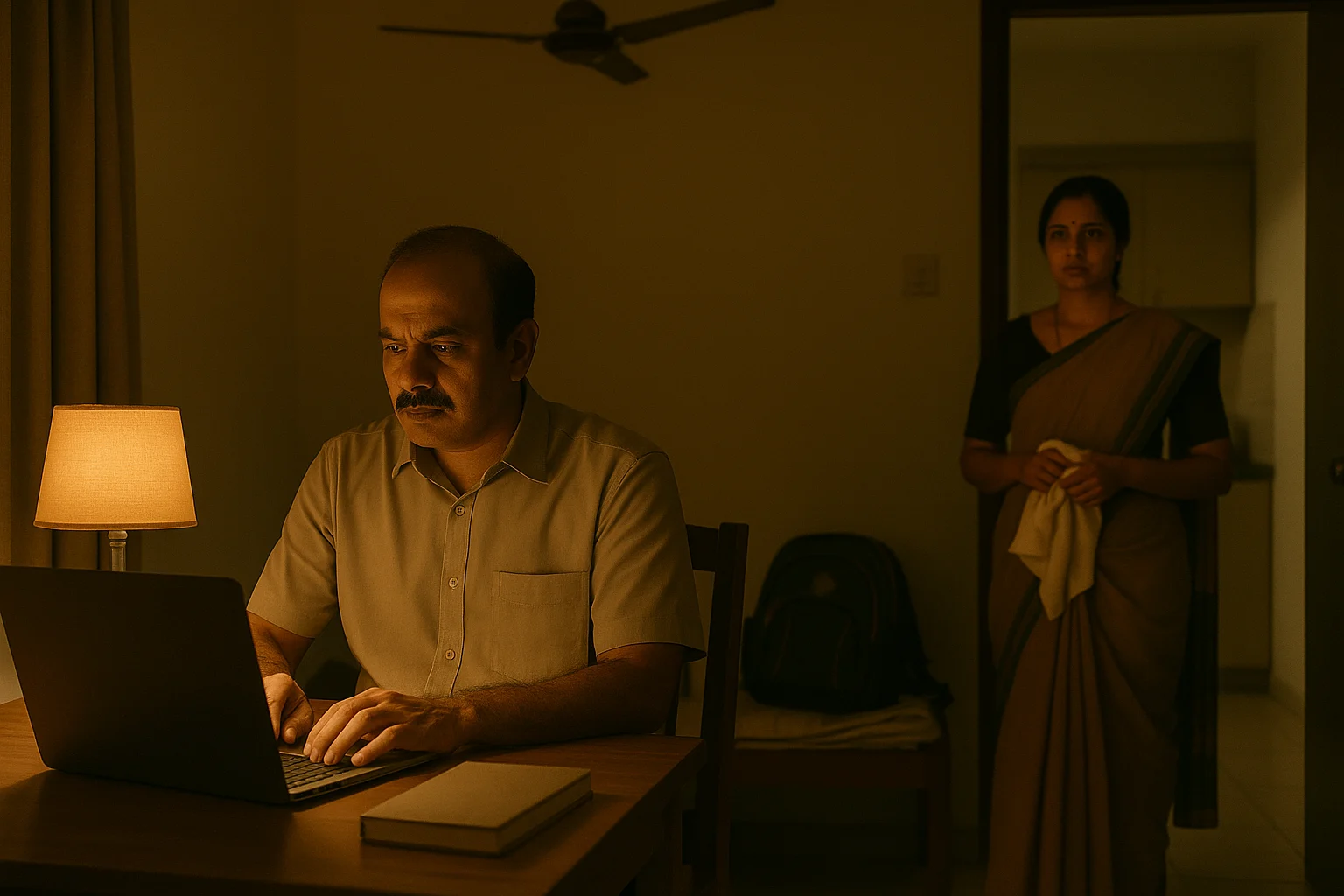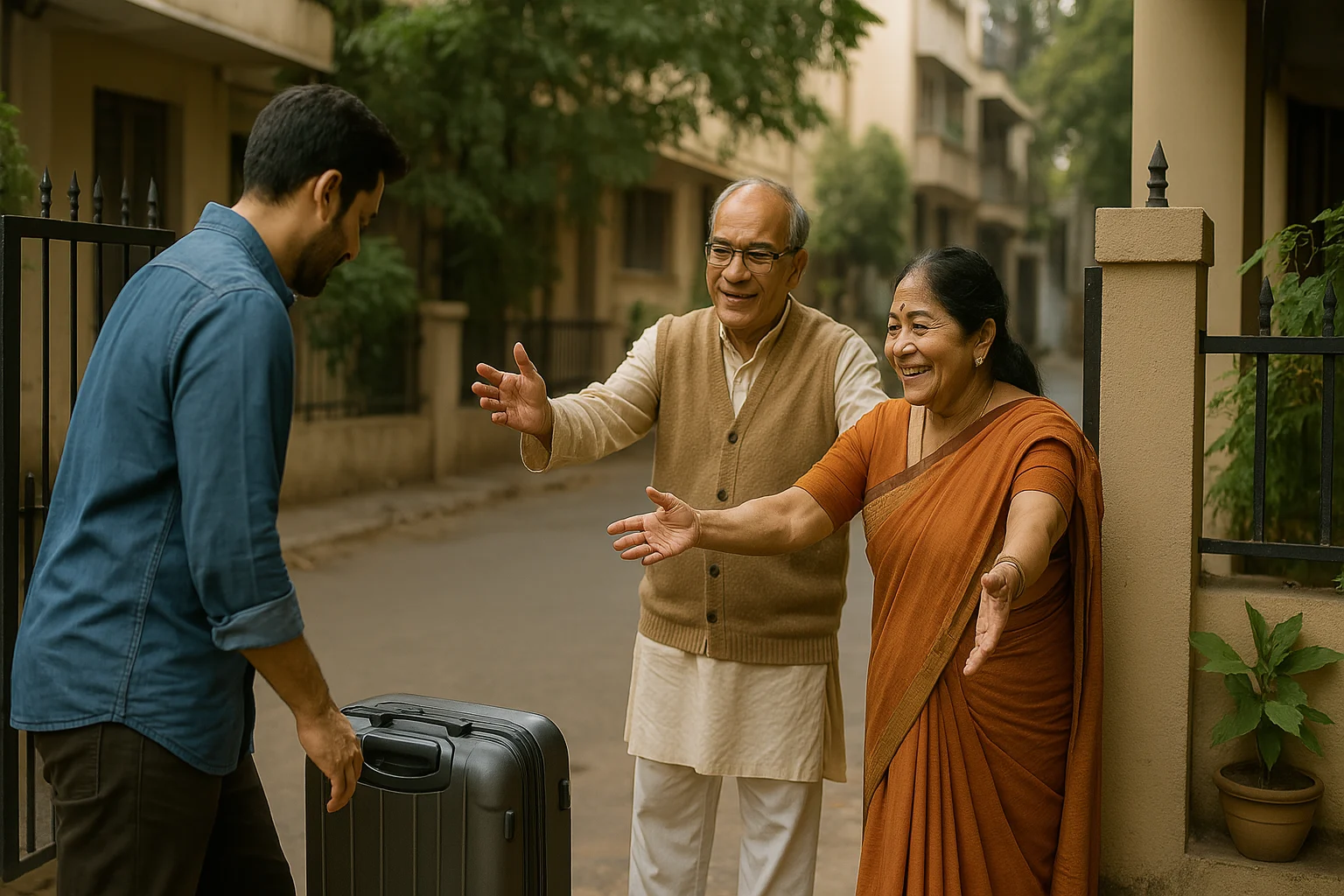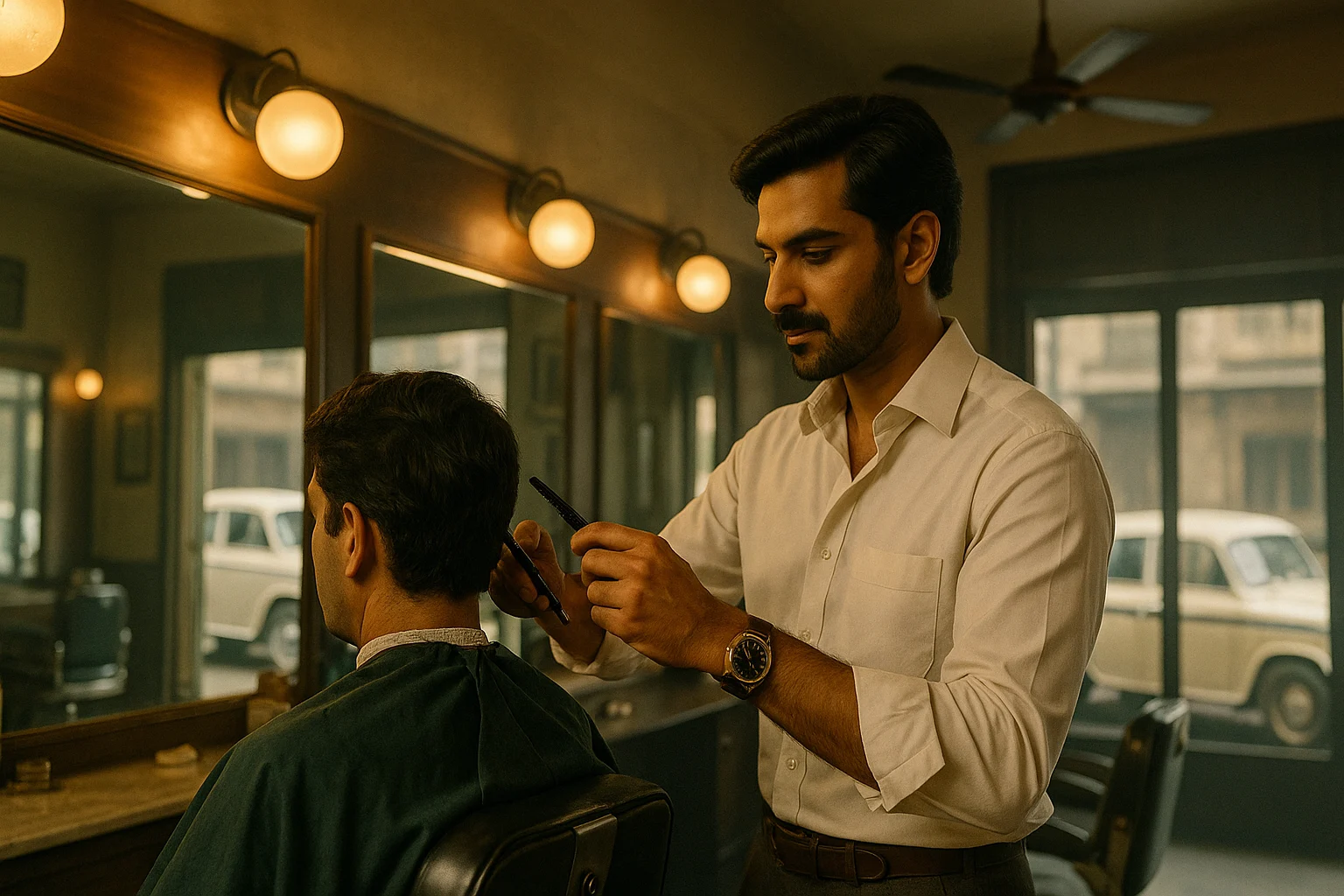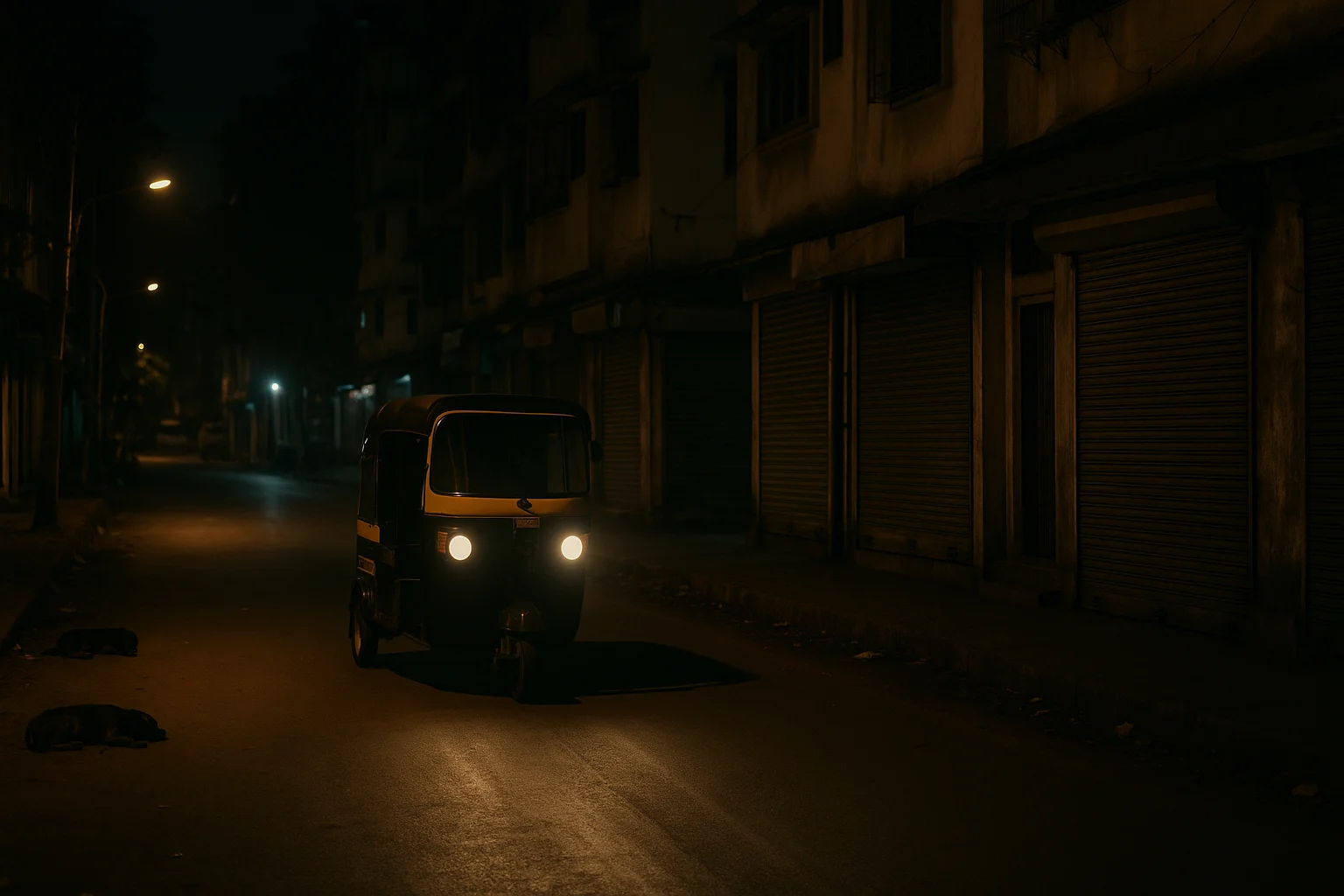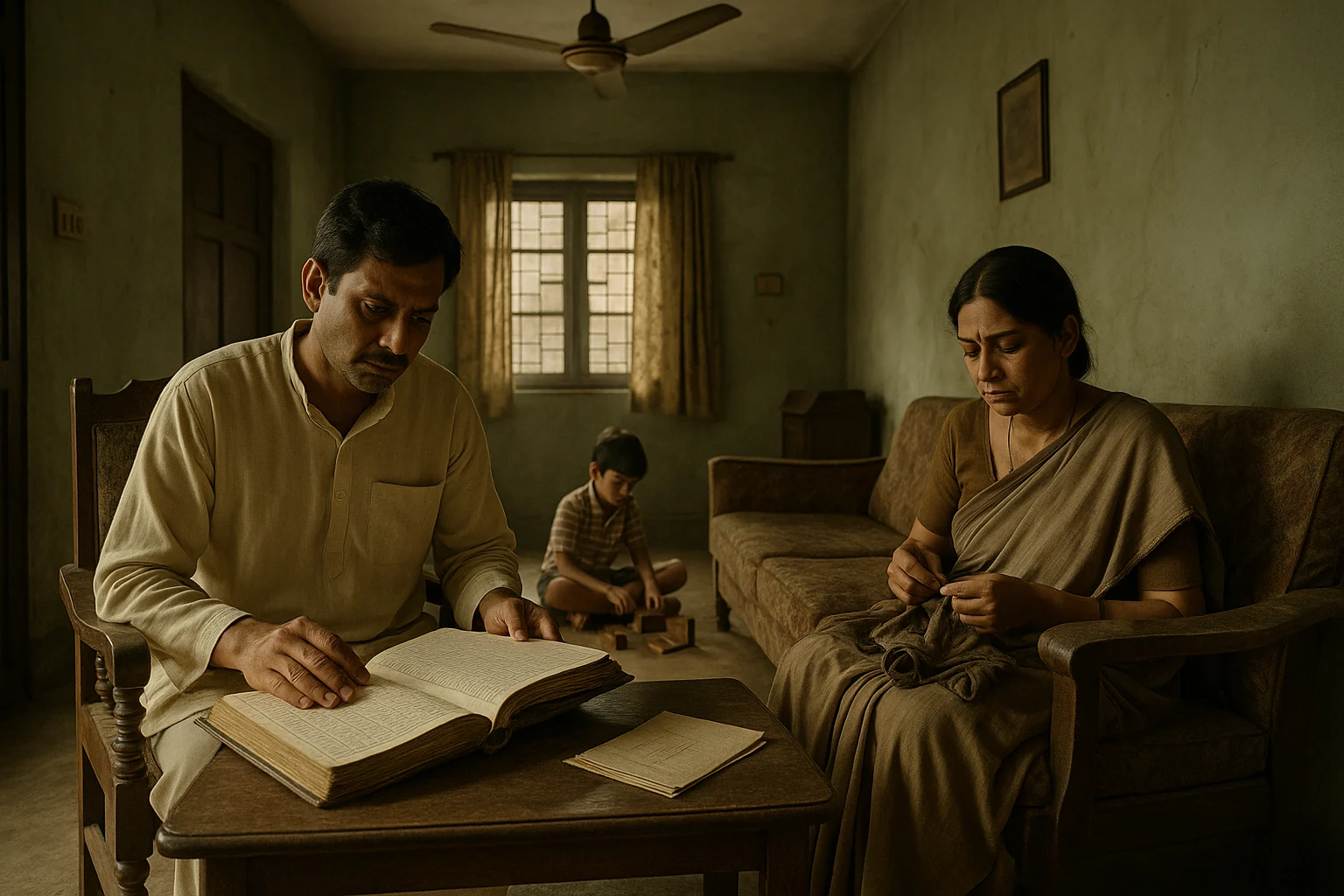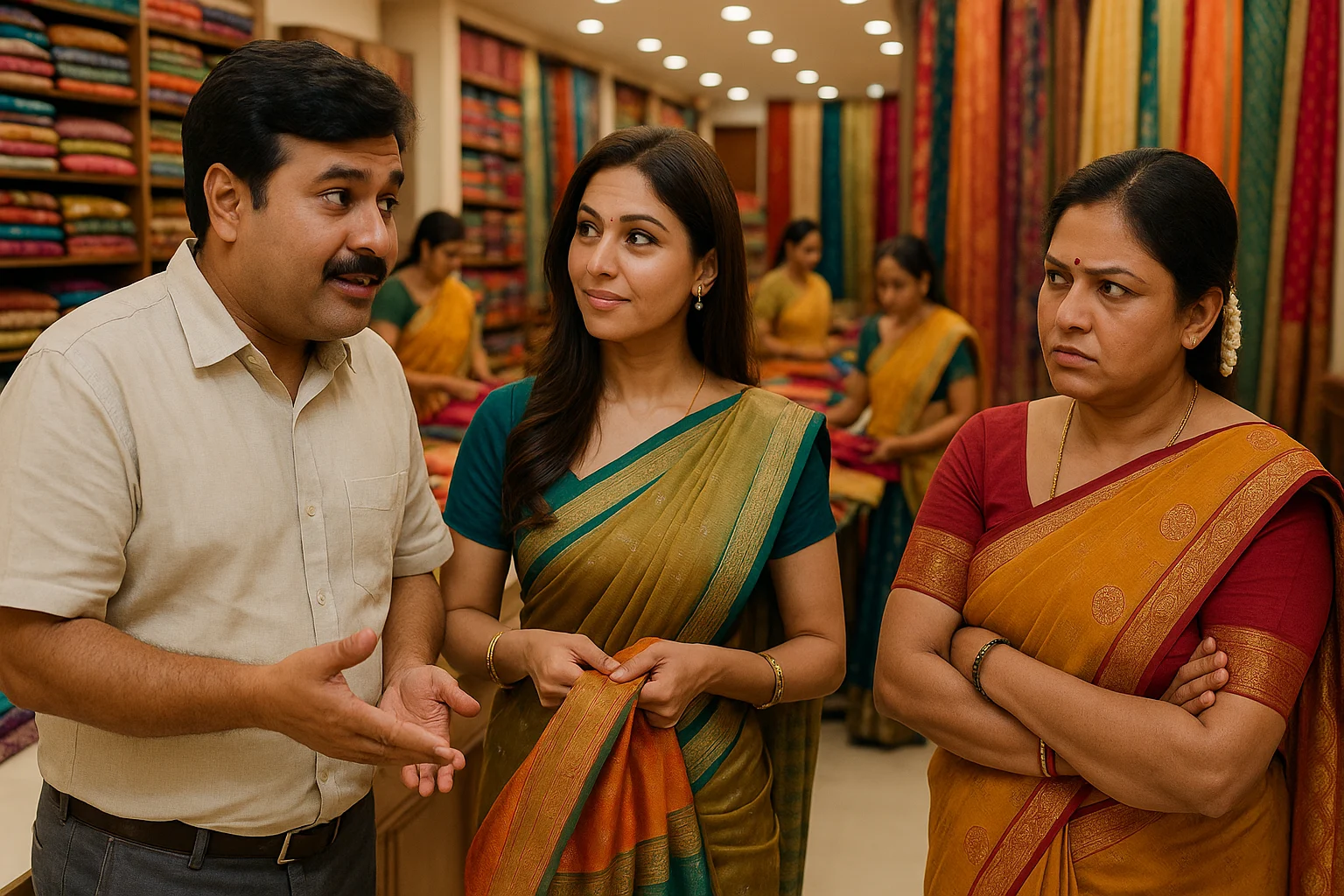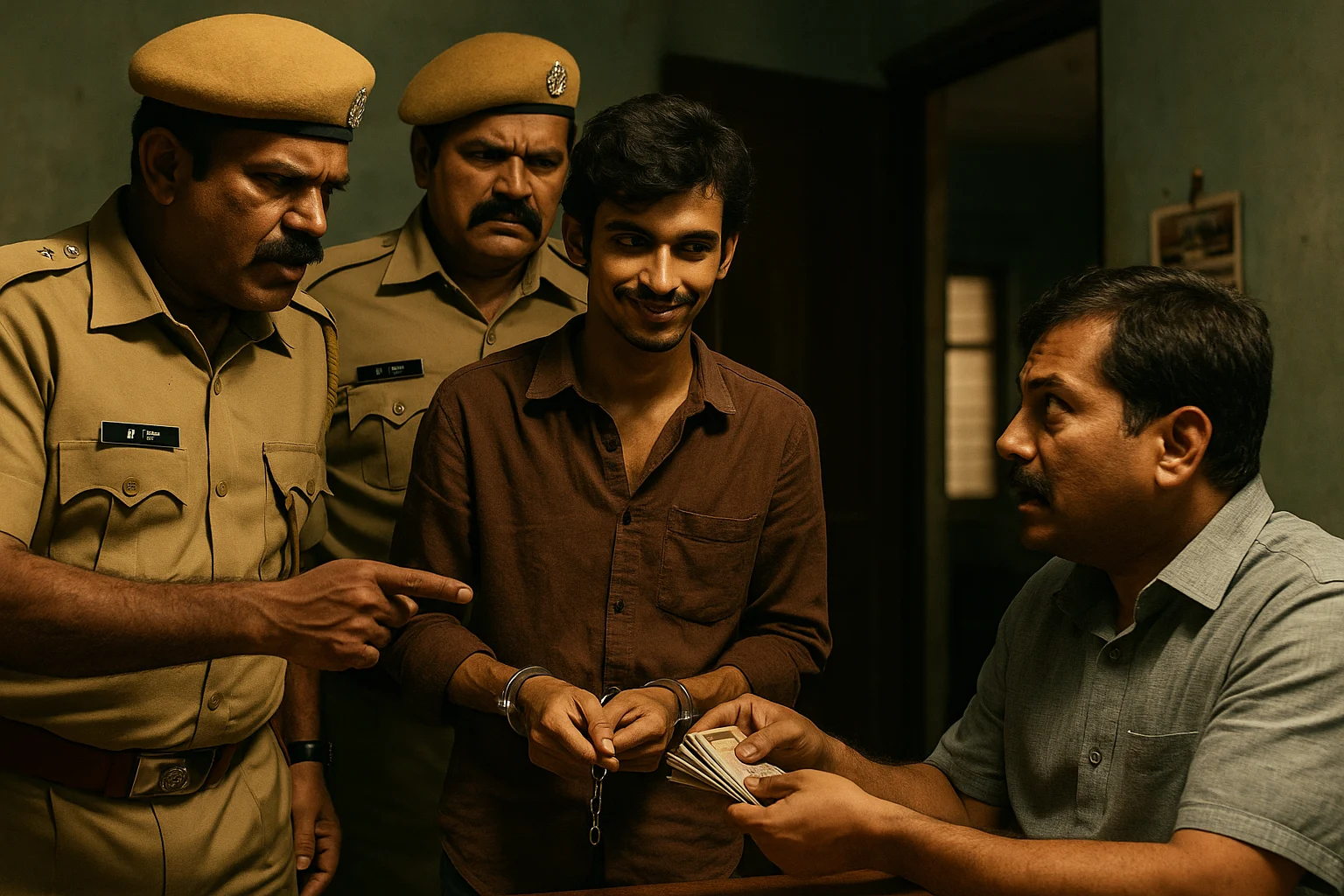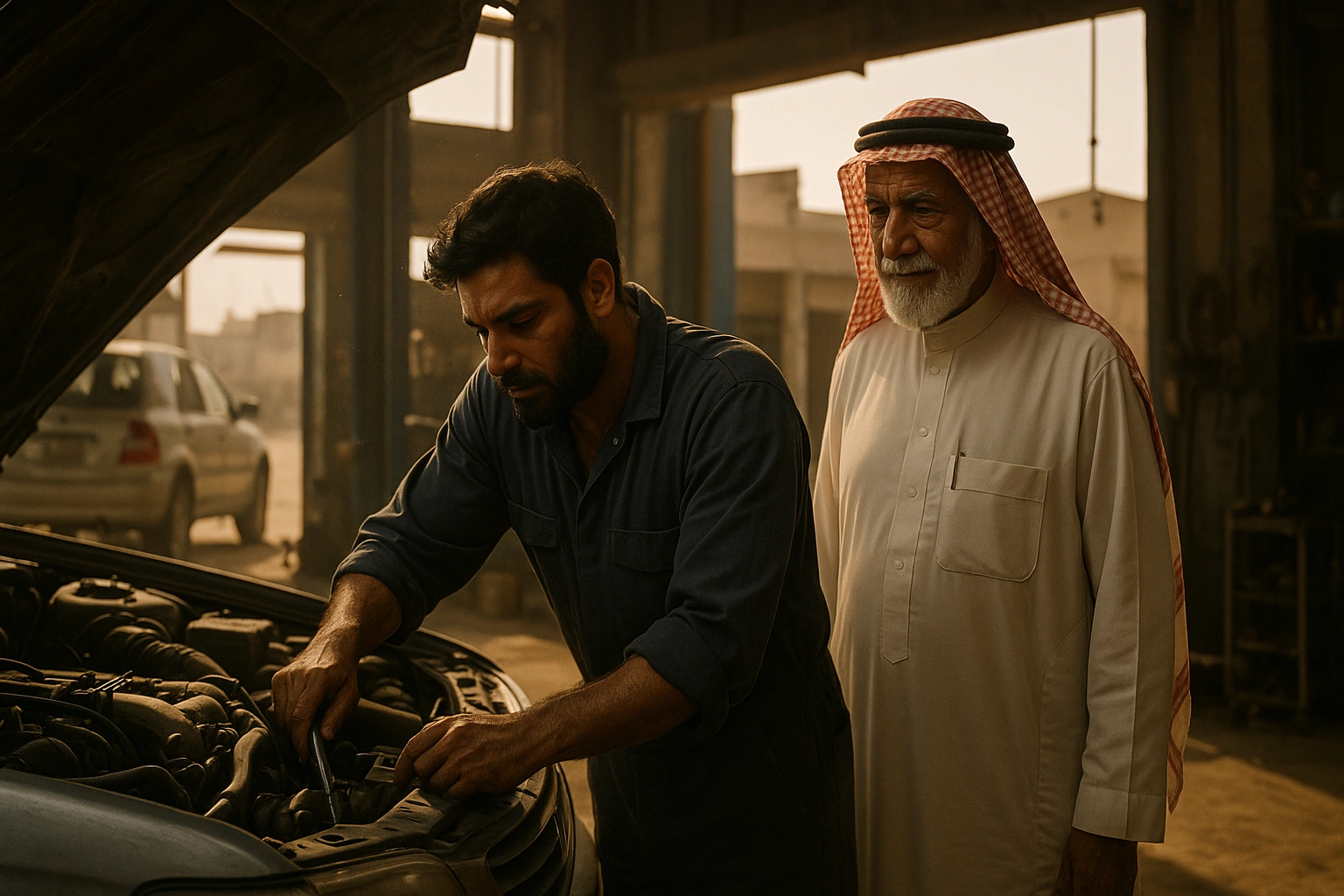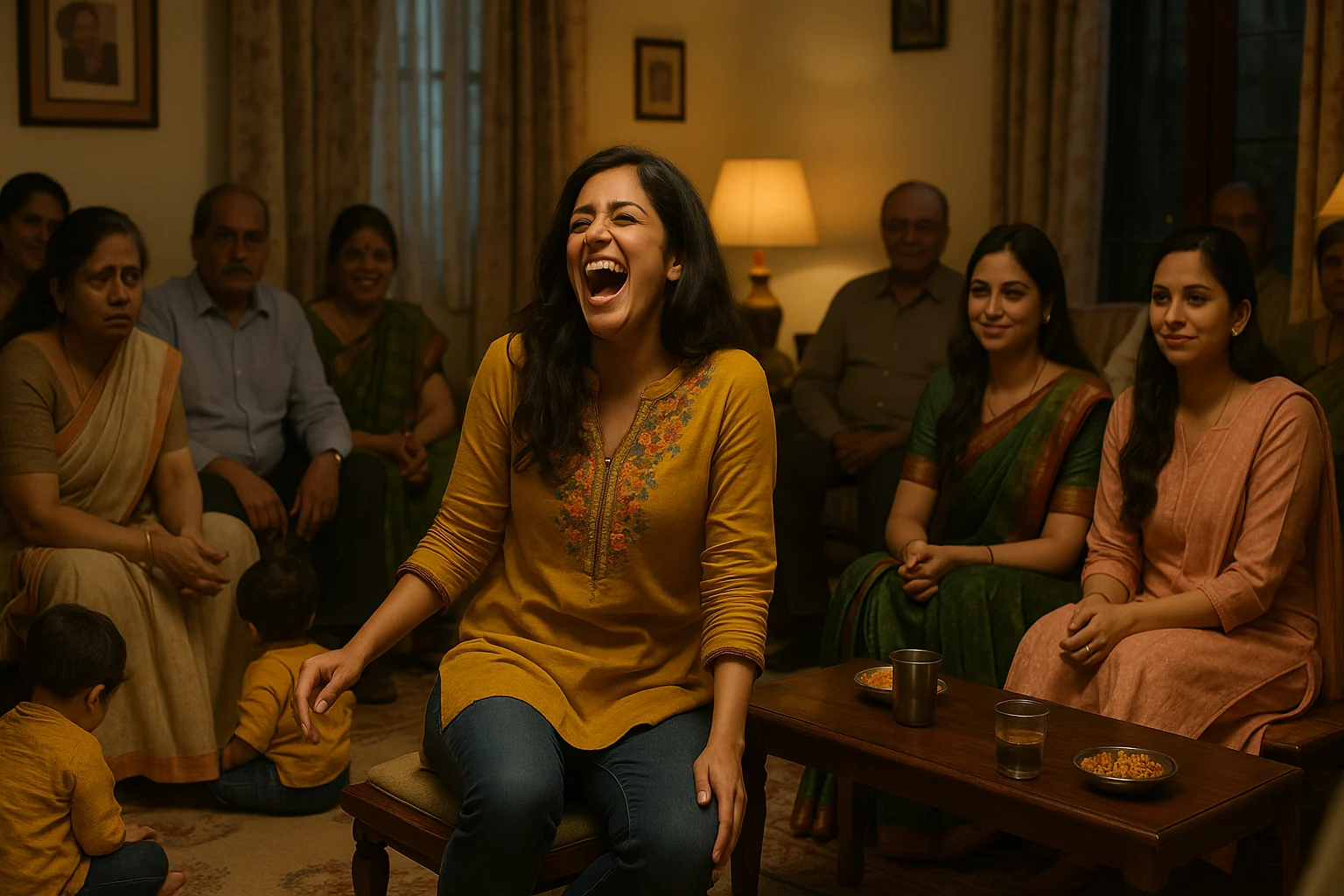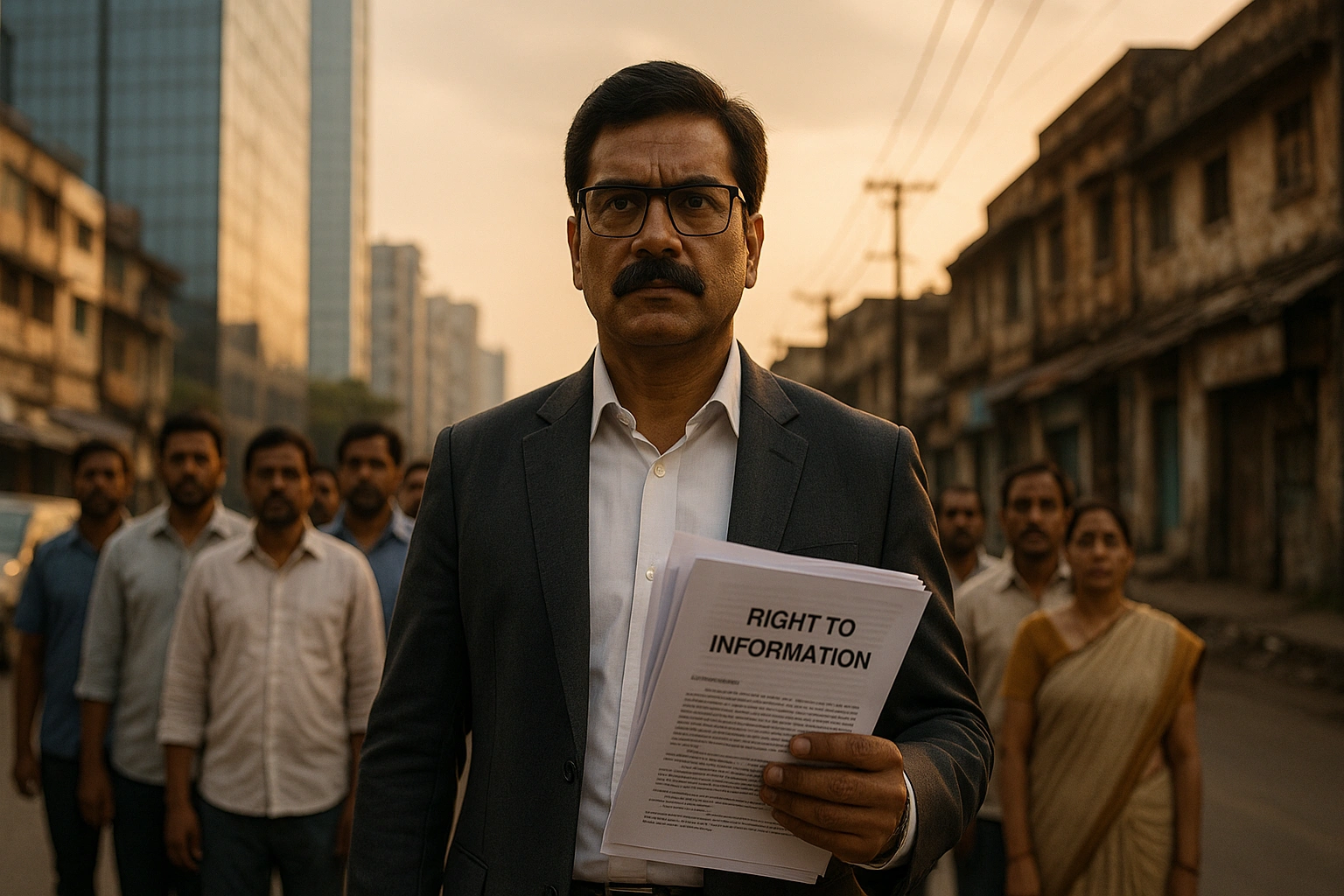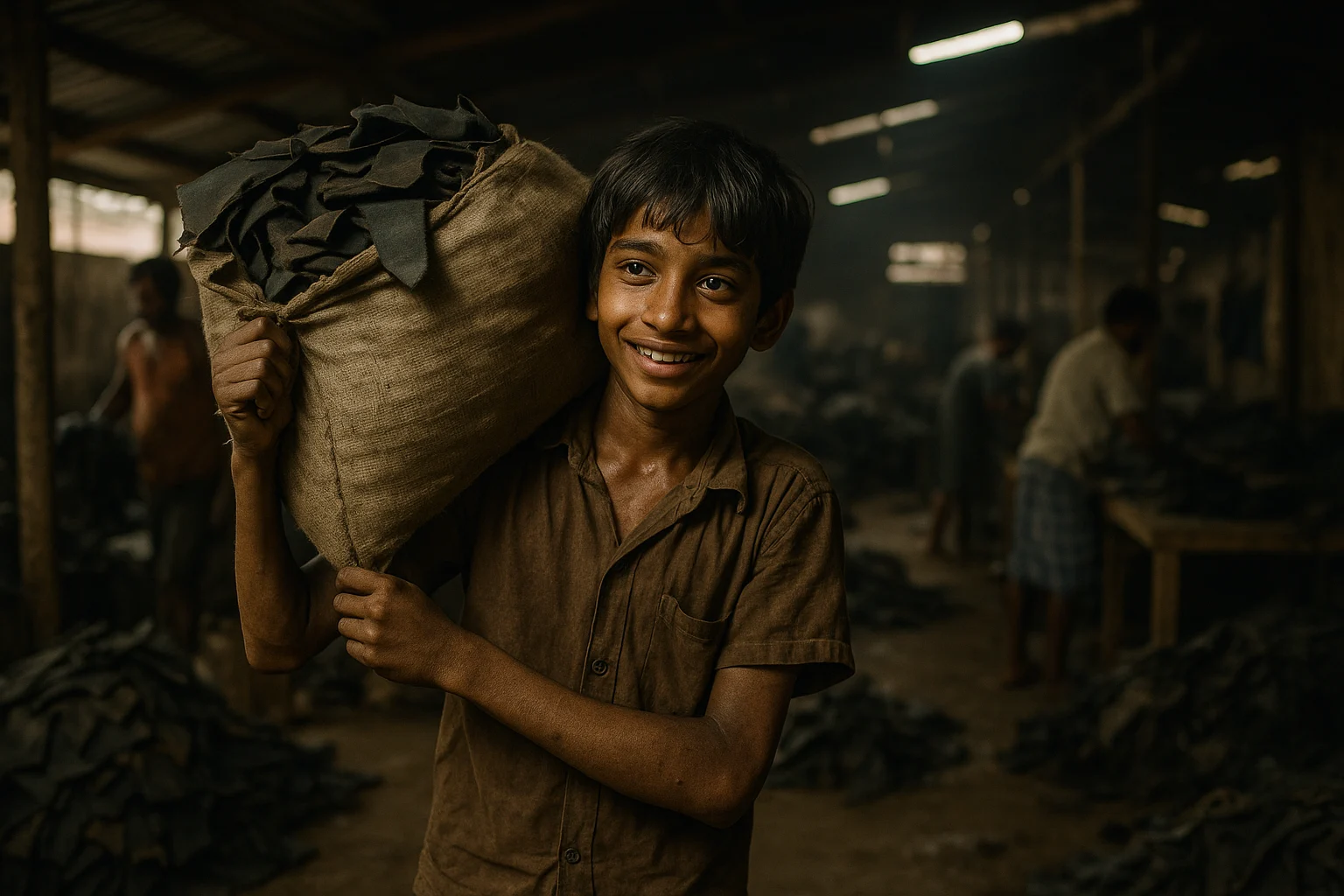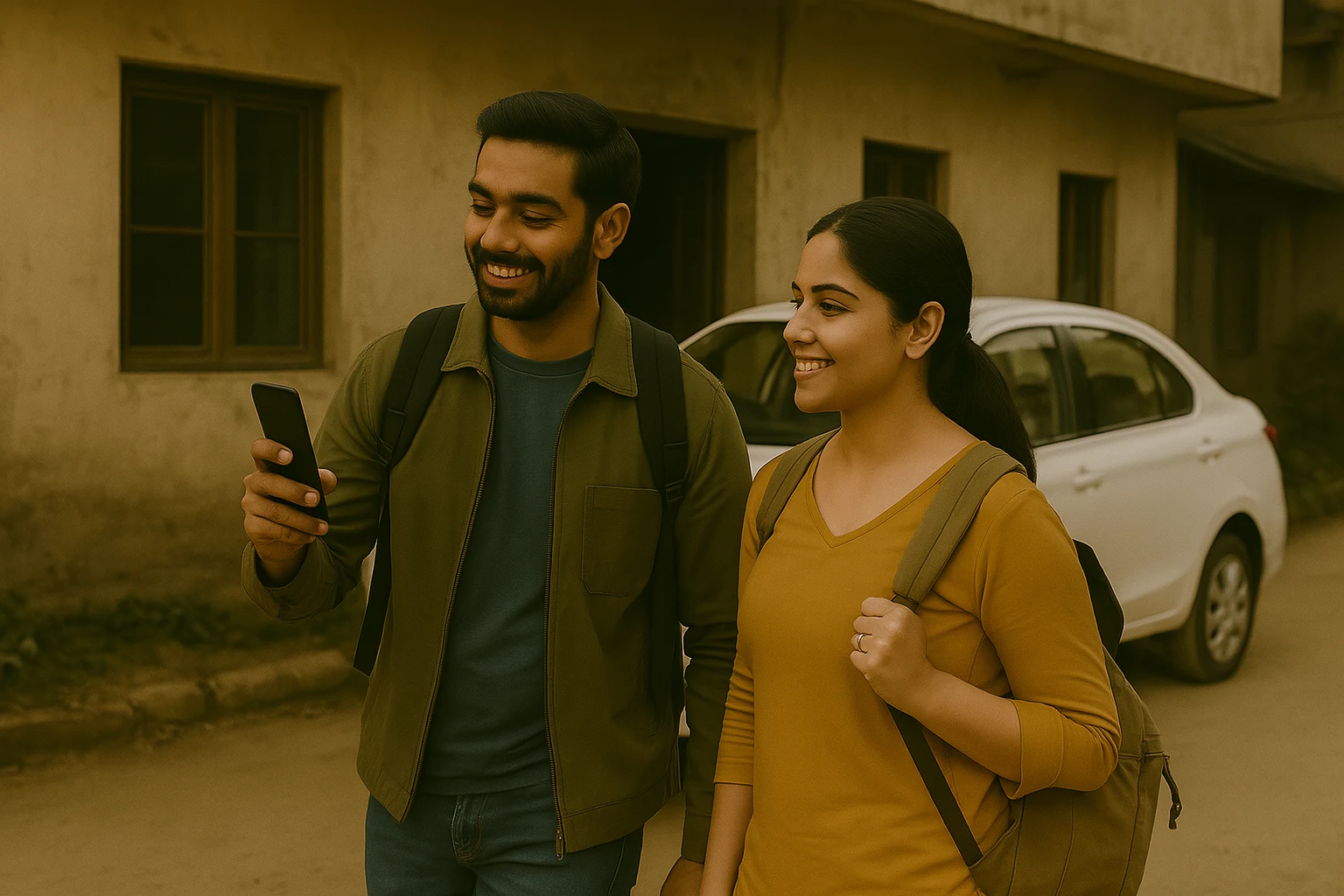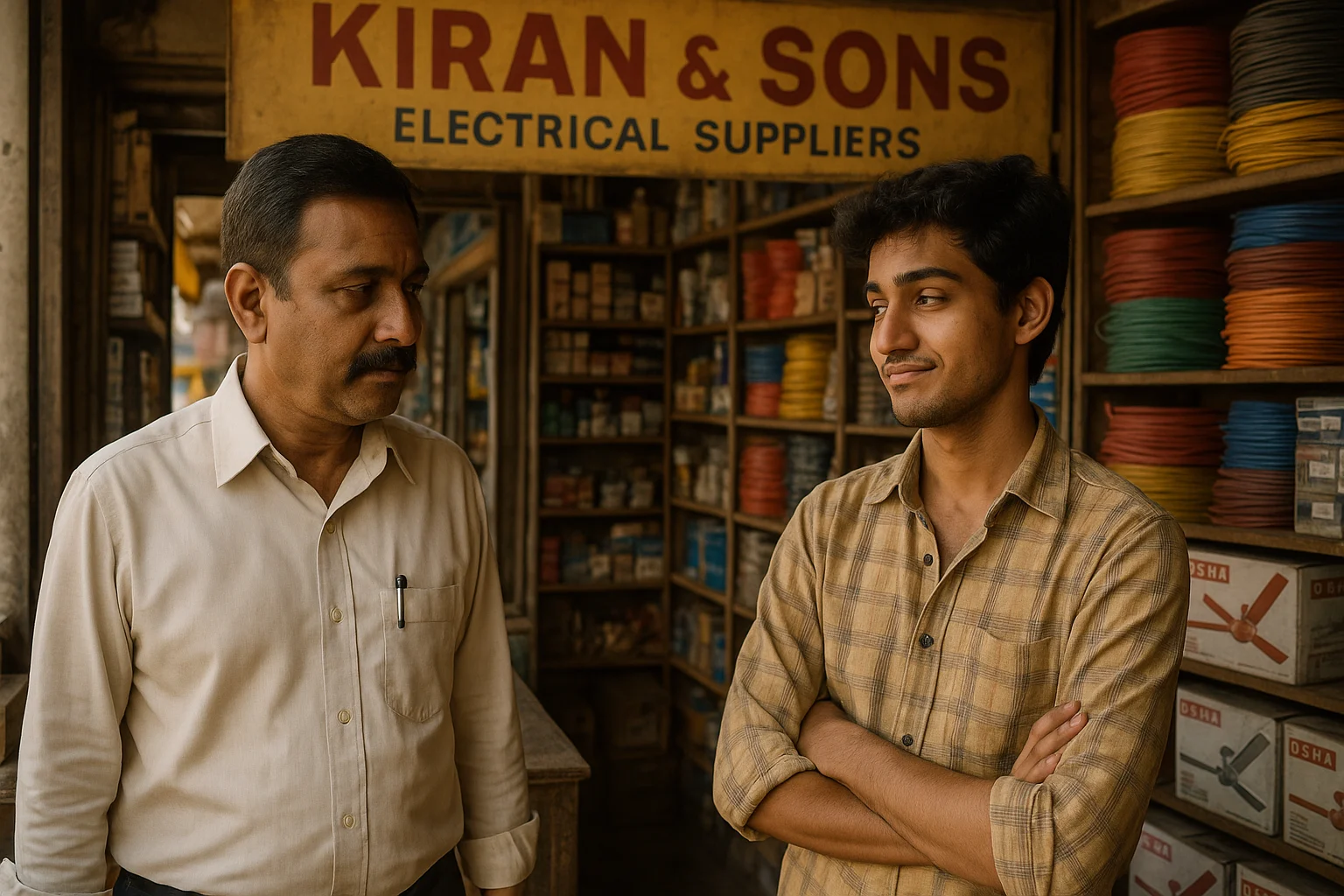In a dusty village of Uttar Pradesh, where mustard fields danced with the wind and elders ruled with iron beliefs, was born Raghav—a boy who brought more chaos than calm. Naughty, dominating, and utterly uncontrollable, Raghav was the storm his parents never anticipated. His father, a respected farmer with five sons, often grumbled, “If he could be half as obedient as the buffalo, we’d be blessed!”
From skipping classes to riding bulls in the market square, Raghav’s antics were legend. When his father arranged his marriage to a decent, modest girl from the neighboring village—believing matrimony would tame the beast—Raghav ran away. Quite literally.
He didn’t just leave the village—he left the state.

A New Life in Gujarat
Raghav’s wandering spirit brought him to a quiet, developing town in Gujarat. With little more than a tattered bag and pride as tall as a sugarcane stalk, he struggled—until he stumbled upon an old shopfront advertising “To Let.” The place dealt in electrical appliance repairs and was barely functional, but Raghav sensed potential.
He borrowed tools, learned the trade on the job, and within months, the place was buzzing. Fans, mixers, irons, televisions—he fixed them all. There was no one else in the area with such expertise, and soon, “Raghav Bhai” became a household name.
The shop belonged to a young widow named Laxmi. With two sons and a daughter, she lived behind the shop. Raghav’s charm and dedication didn’t go unnoticed. Laxmi, though not traditionally beautiful, possessed a quiet strength that intrigued him. Love didn’t strike like lightning—it simmered like a slow boil. Eventually, Raghav moved in.
Though they never married, he took full responsibility for the children. From school fees to birthday celebrations and late-night fevers—Raghav was more of a father than their real one.

From Love to Loneliness
Years passed. The shop grew into a local landmark. The children—now teenagers—slowly changed. They began hearing whispers: “Who is this man living with your mother?” “A stranger fathering your home?”
Social taunts have a cruel way of poisoning young minds. The boys began distancing themselves. The daughter stopped calling him “Kaka.” One day, during a heated exchange, the elder son snapped, “We don’t want to be the joke of this colony anymore. Leave.”
Laxmi didn’t stop them. Maybe she was tired. Maybe she feared losing her children. Maybe she thought Raghav had no place anymore.
They took the shop. They took the home. They took the memories.

Return to a Forgotten Village
Nearing 50, heartbroken and homeless, Raghav boarded a train back to his village—a place he had left with fire in his chest. What greeted him was ash.
His parents were old and weary; his brothers now landowners with buffaloes and smartphones. But no one was thrilled to see him. They feared property disputes. The family meeting, if you could call it that, ended with an arrangement—he’d be given a broken quarter outside the village, near the canal.
“No interference. No share. No drama,” said his eldest brother. Raghav, hollow and tired, simply nodded.
Days turned to months. Raghav lived alone, cooking once a day, growing weaker. No one visited. Meals were sparse, and medicines rarer. His father was too old to walk, his mother bedridden, and the brothers conveniently busy.
But Raghav had a secret. Though thrown out with disgrace, he had walked out of that Gujarati town with dignity. He had saved. His bank passbook was thick. He owned an iPhone, expensive clothes, and even a sleek motorcycle parked next to the broken tin door of his quarter.
He never sold them. He never used them to show off. Perhaps he knew that love can’t be bought, and legacy isn’t a loud announcement.

The Silent End
One cold morning, the village barber, passing by, noticed that the door of Raghav’s quarter was still shut. It remained shut the next day too. When a foul smell began escaping the cracks, they knew.
Raghav was found dead—lying on his mat, hands folded on his chest, as if he’d been waiting for someone till his last breath.
His brothers were informed. Not out of concern, but courtesy. They arrived reluctantly, wearing fake frowns and real curiosity.
“Let’s cremate him before it becomes a public issue,” muttered the second brother.
But when they entered the house, their expressions changed. Gold chains. Branded watches. iPhone. Jewelry. Cash bundles tucked under his pillow. Bank passbook with transactions that made their jaws drop.
It was like finding treasure in a dustbin.

Suddenly, their tone changed.
“He was our brother… our blood…”
“I’ll take care of the cremation.”
“I’ll keep his phone as a memory.”
“He would have wanted me to have the motorcycle.”
The same men who couldn’t give him water in life now divided his possessions like vultures over a fresh carcass.
The villagers watched silently. Some with pity, some with shame.
A child from the village whispered, “Maa, why are they crying now?”
His mother replied softly, “They’re not crying for him, beta. They’re crying for what he left behind.”
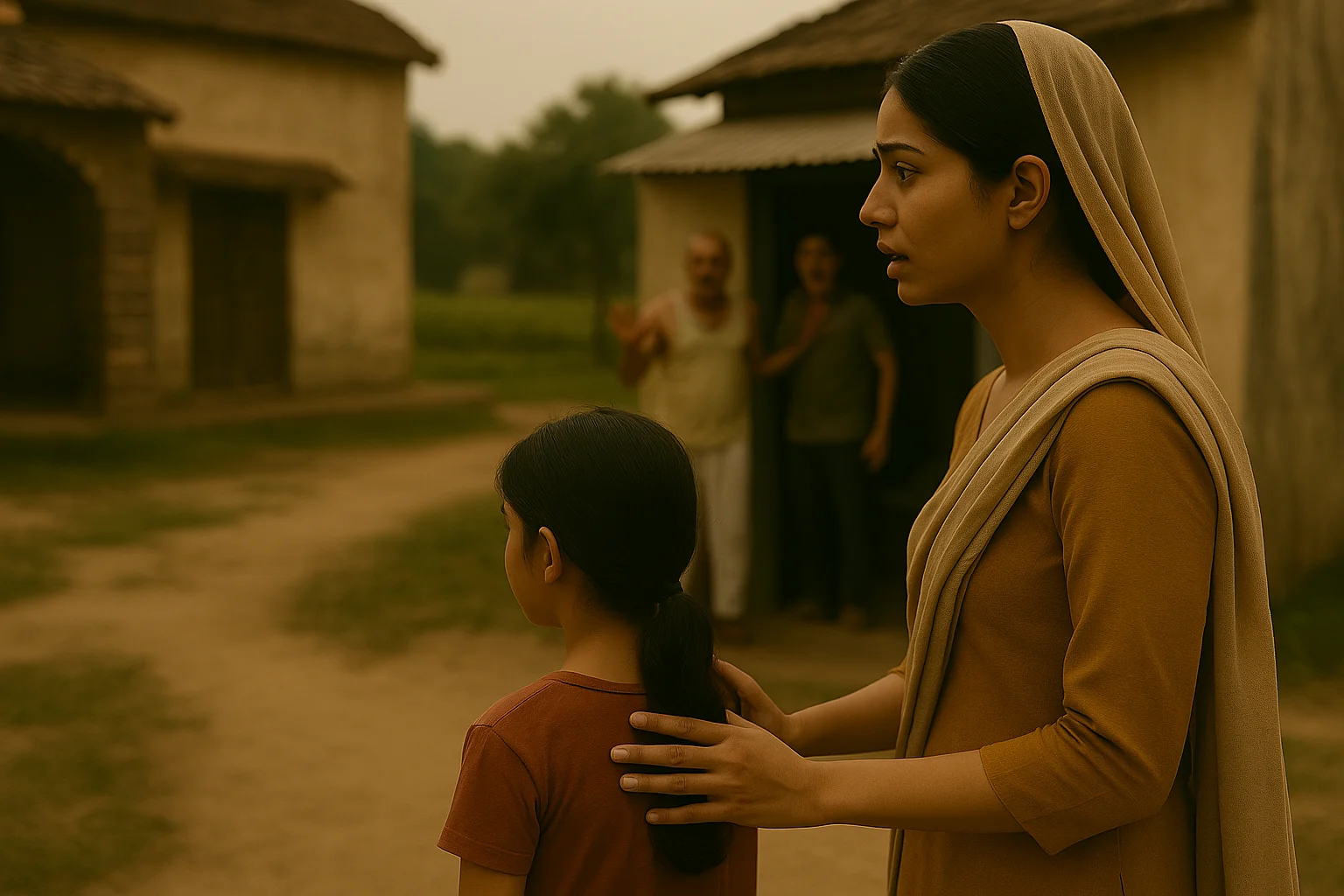
Moral of the Story:
Respect those who give you love when you have nothing. Because when you have everything, they may not be there anymore.
Receive Stories and Articles in your Inbox!
We won’t send any promotional or spam emails.
